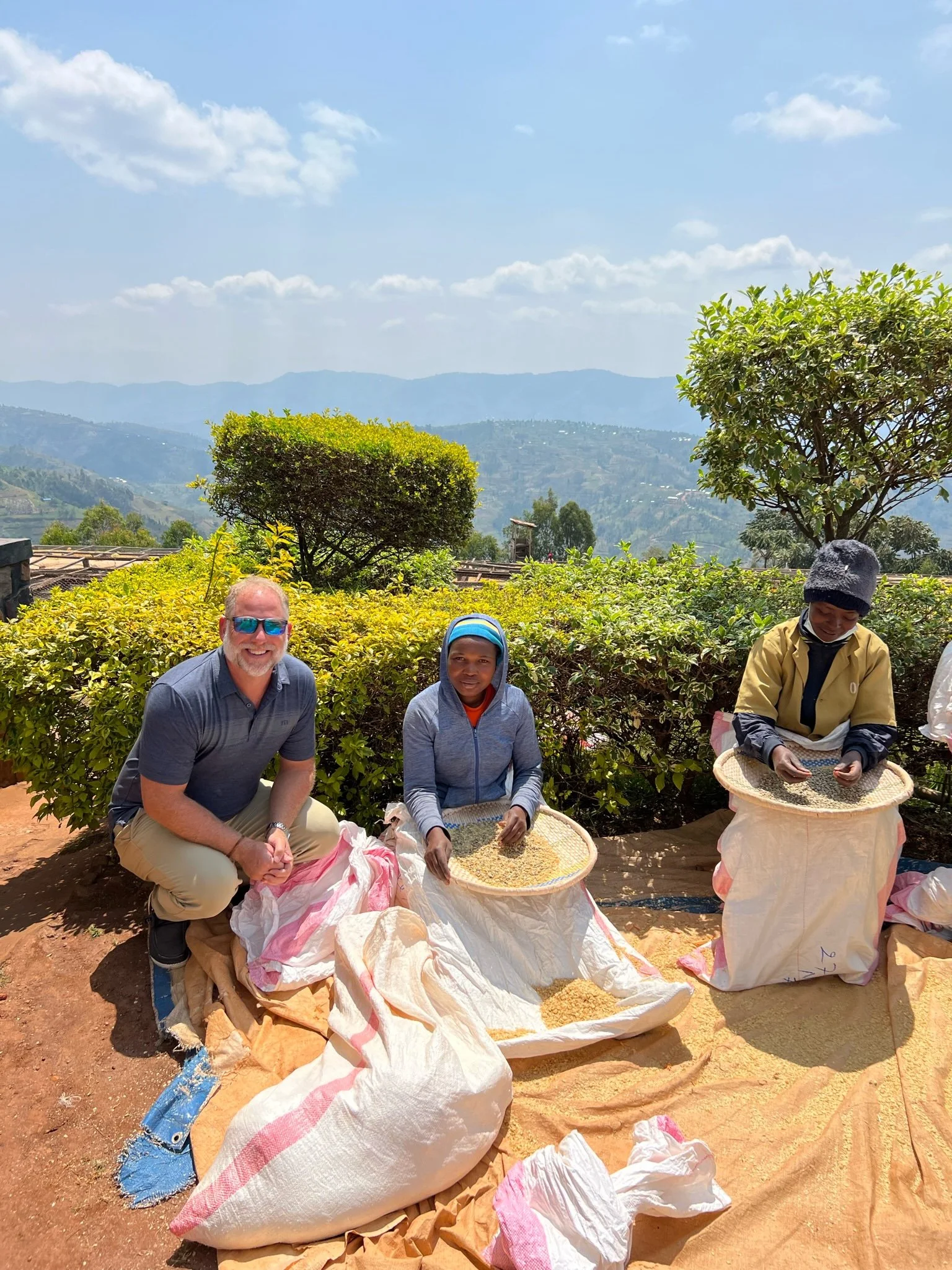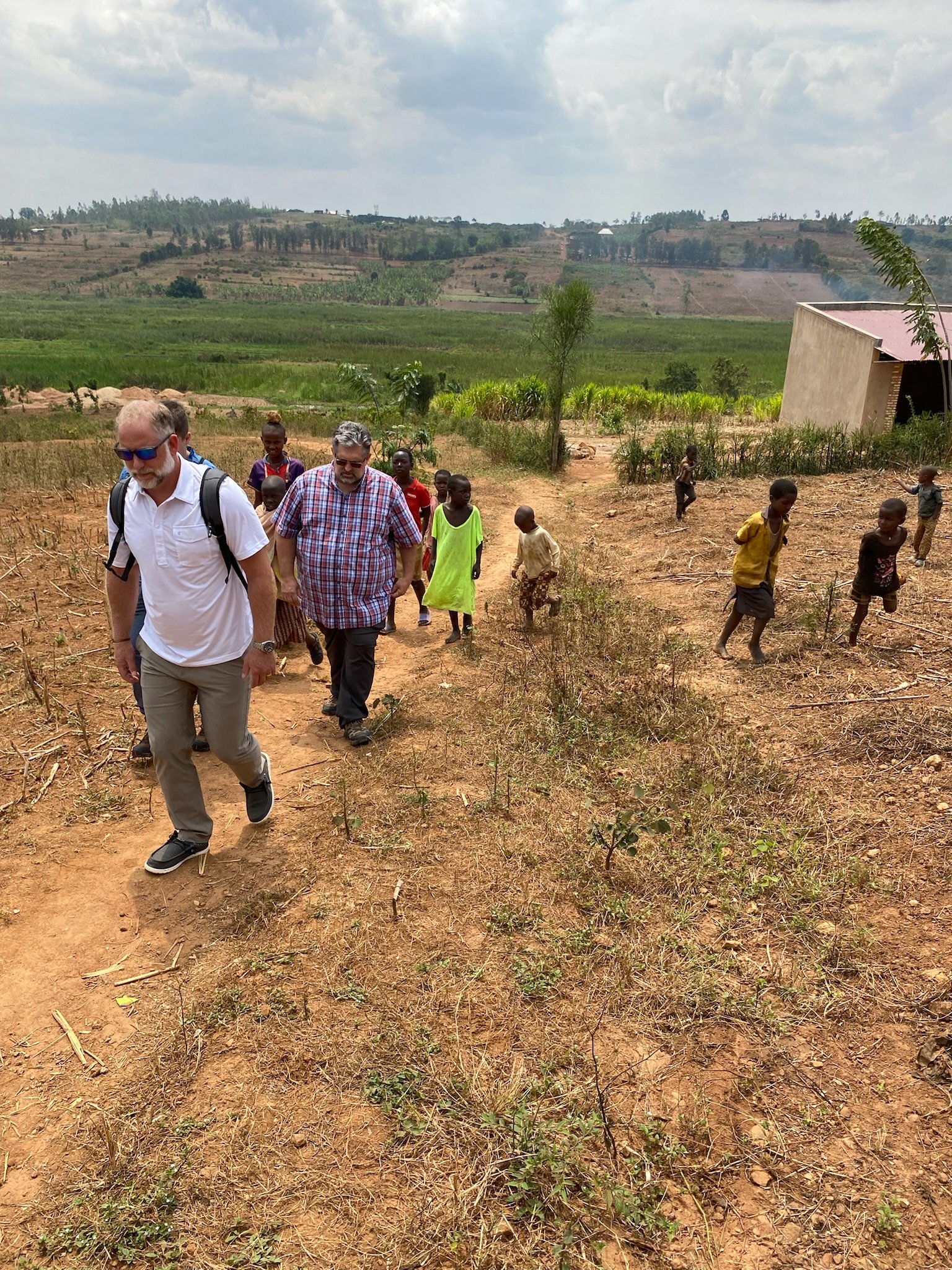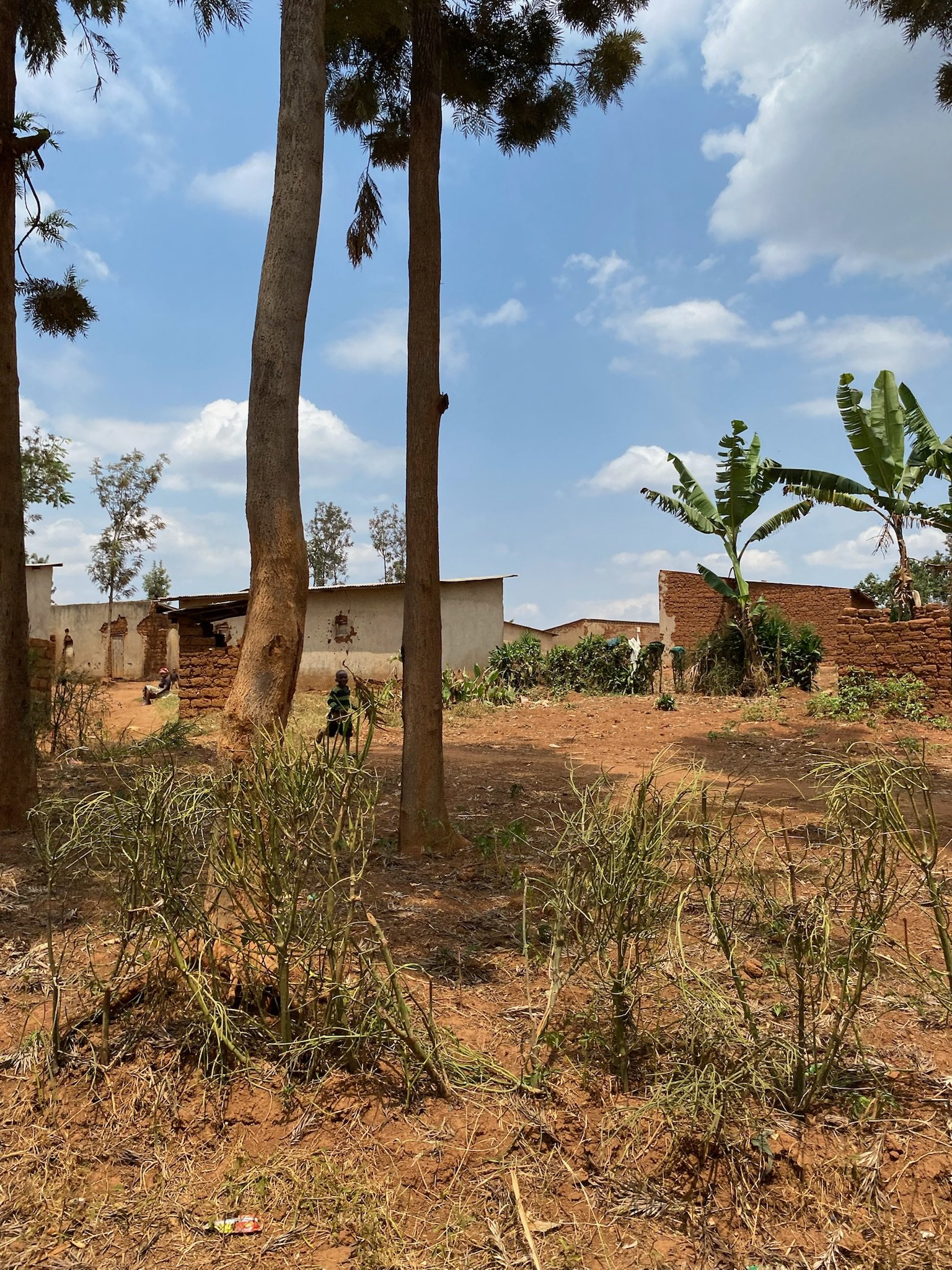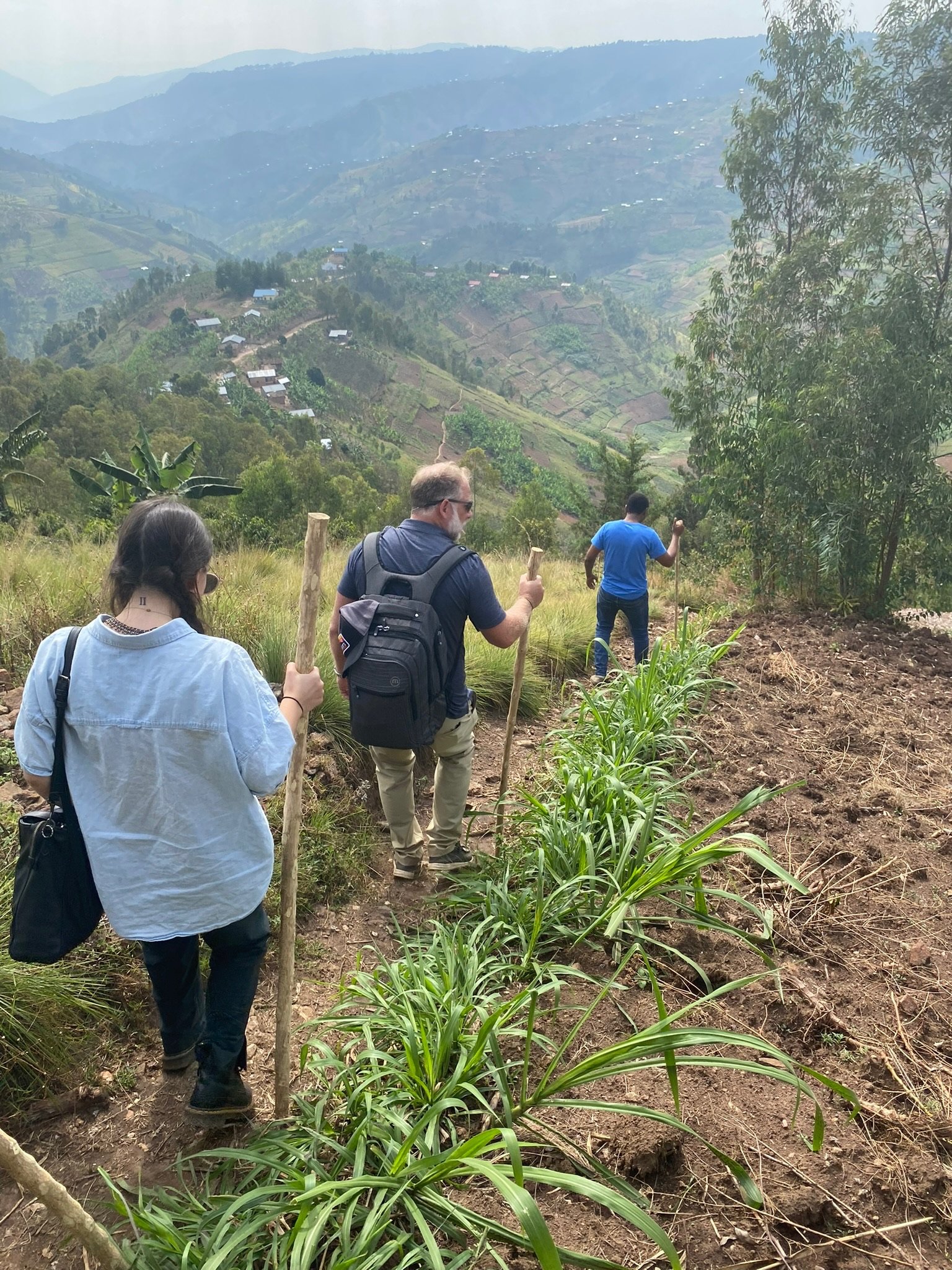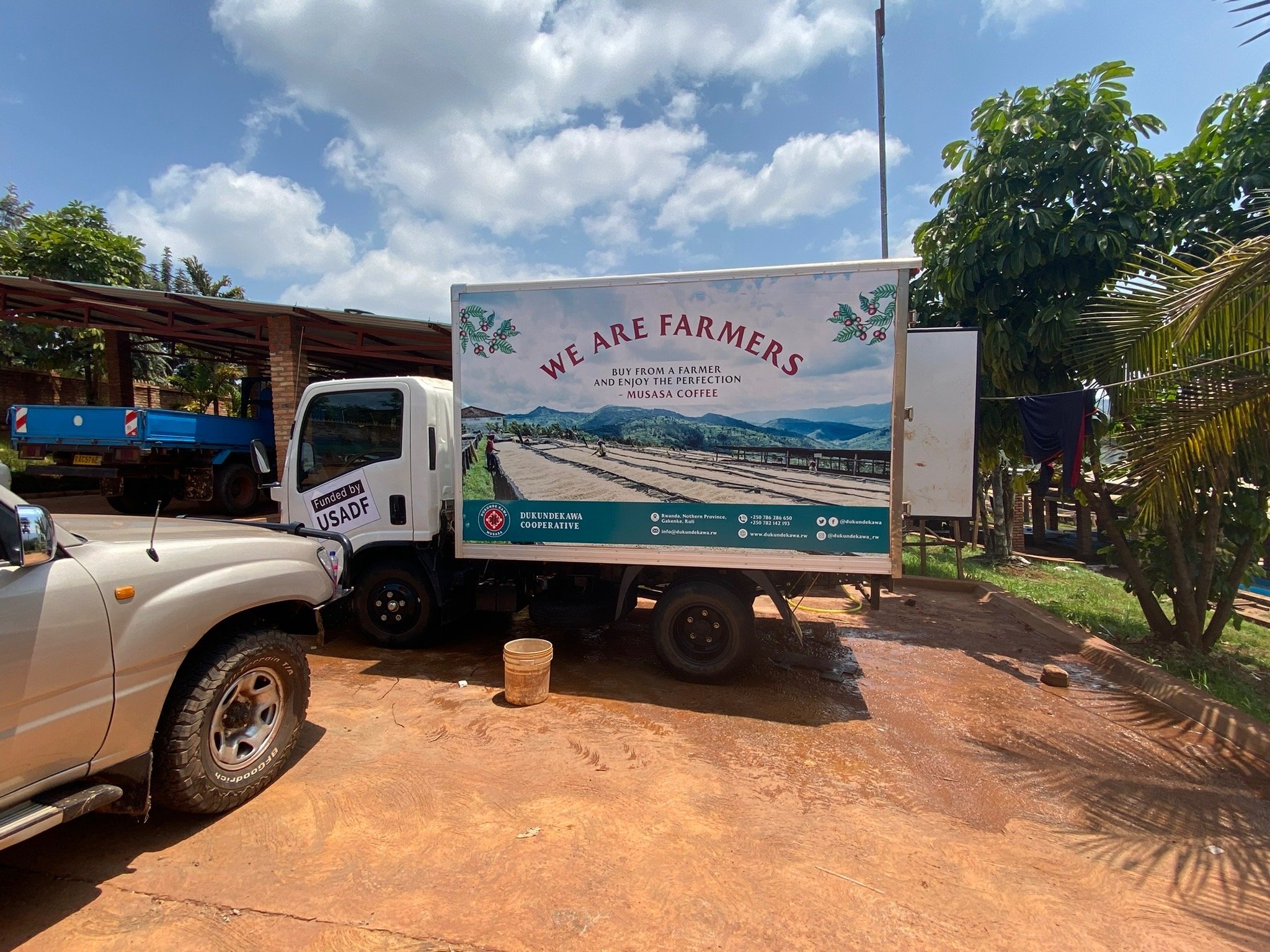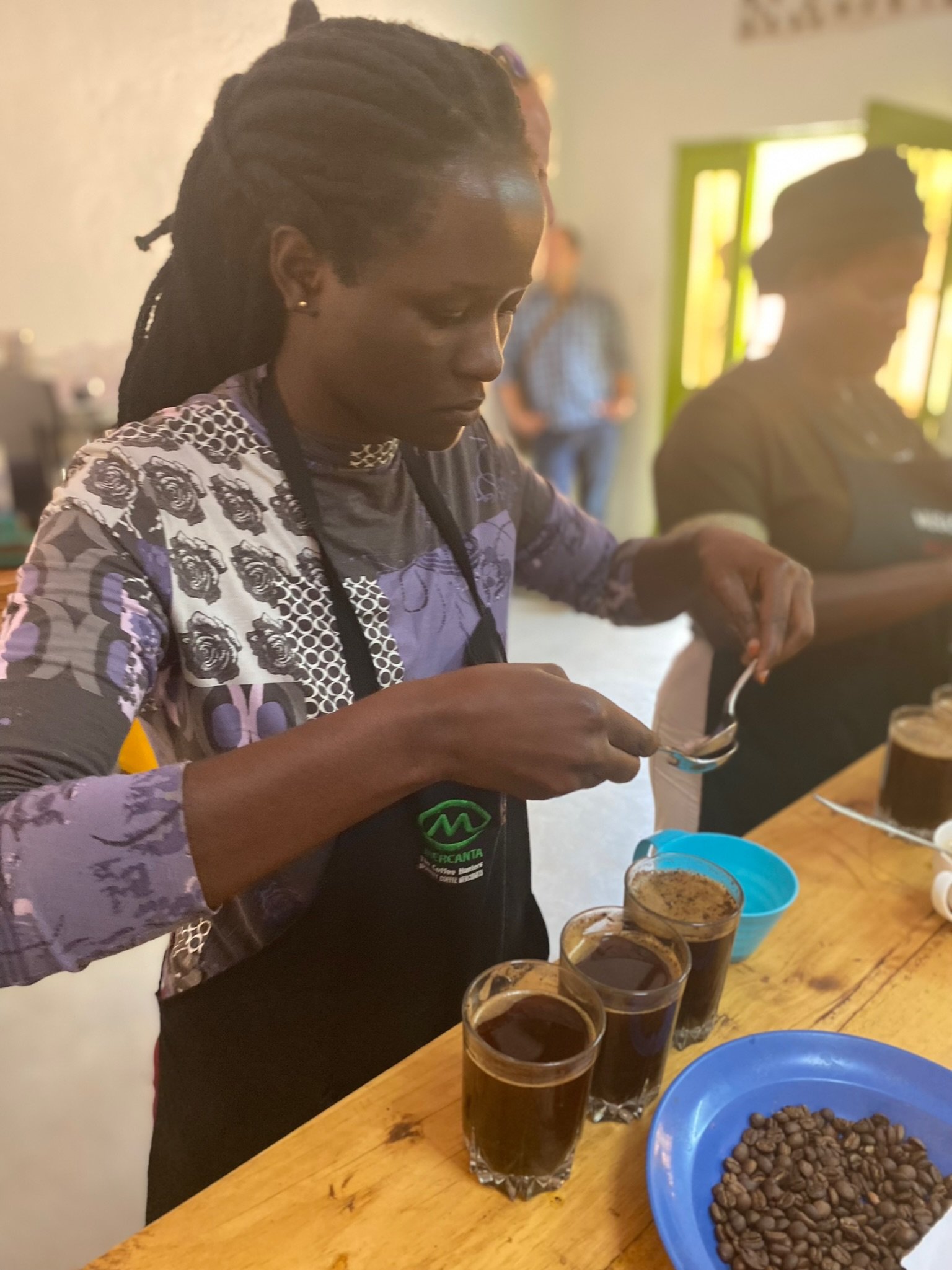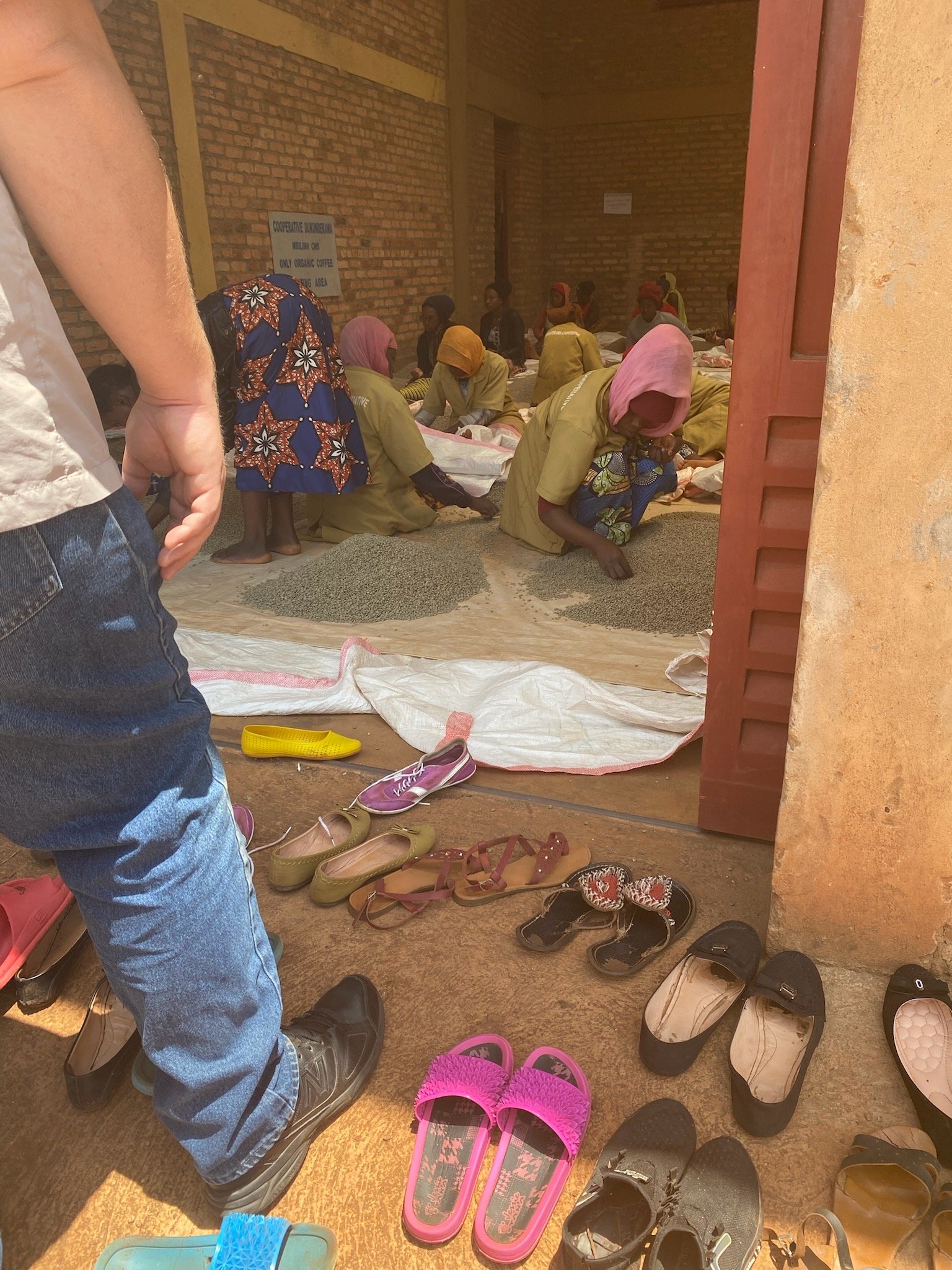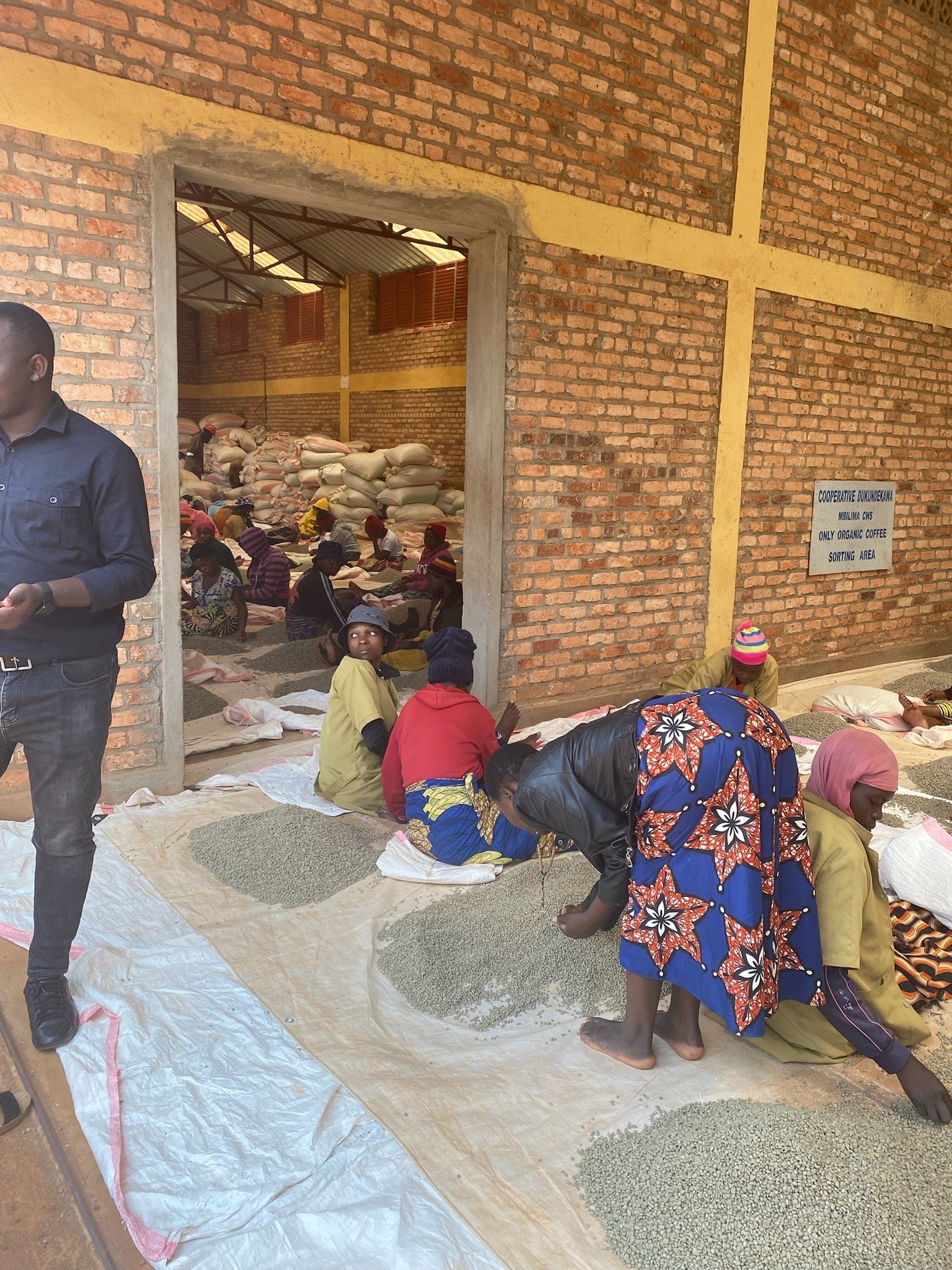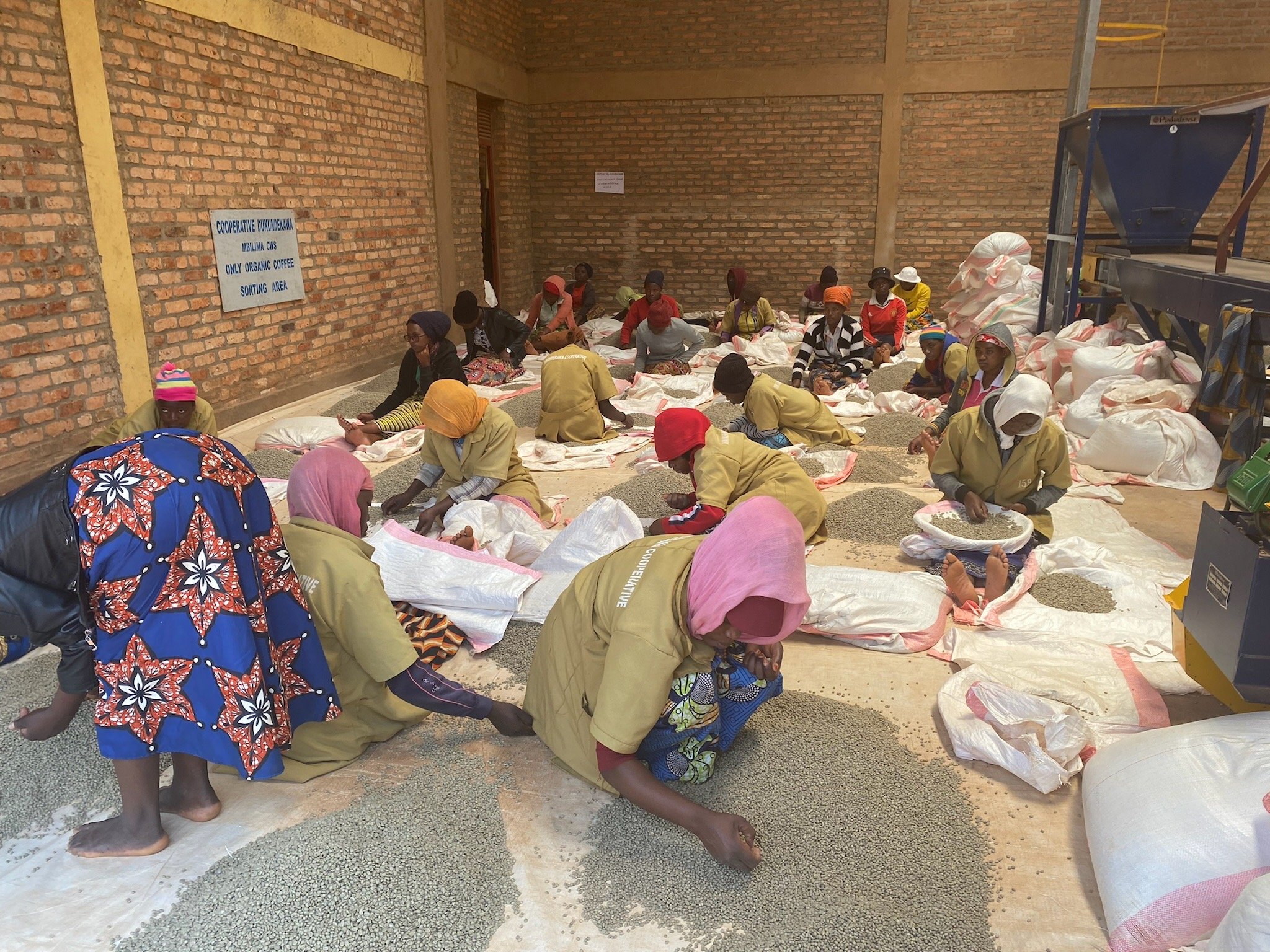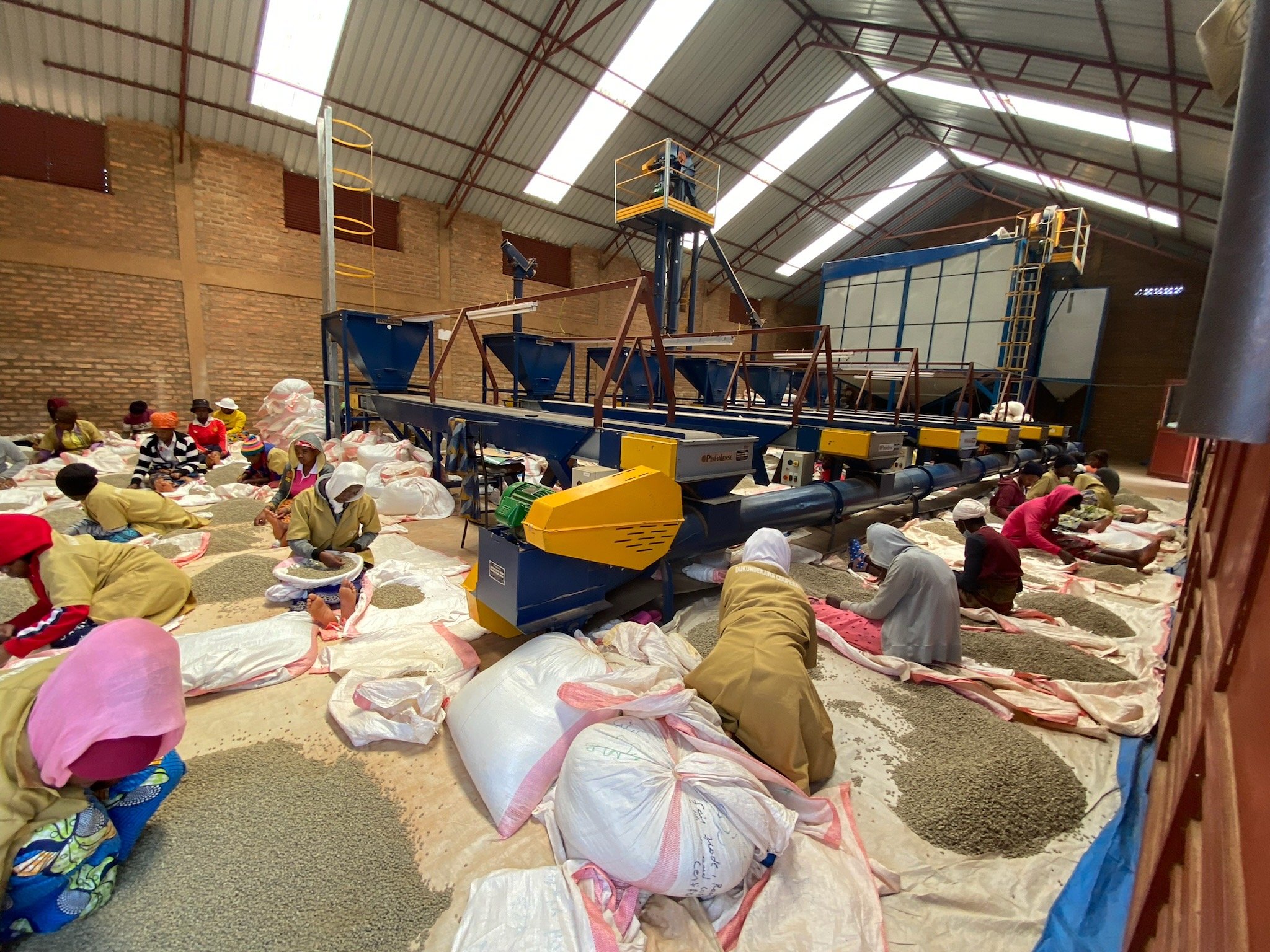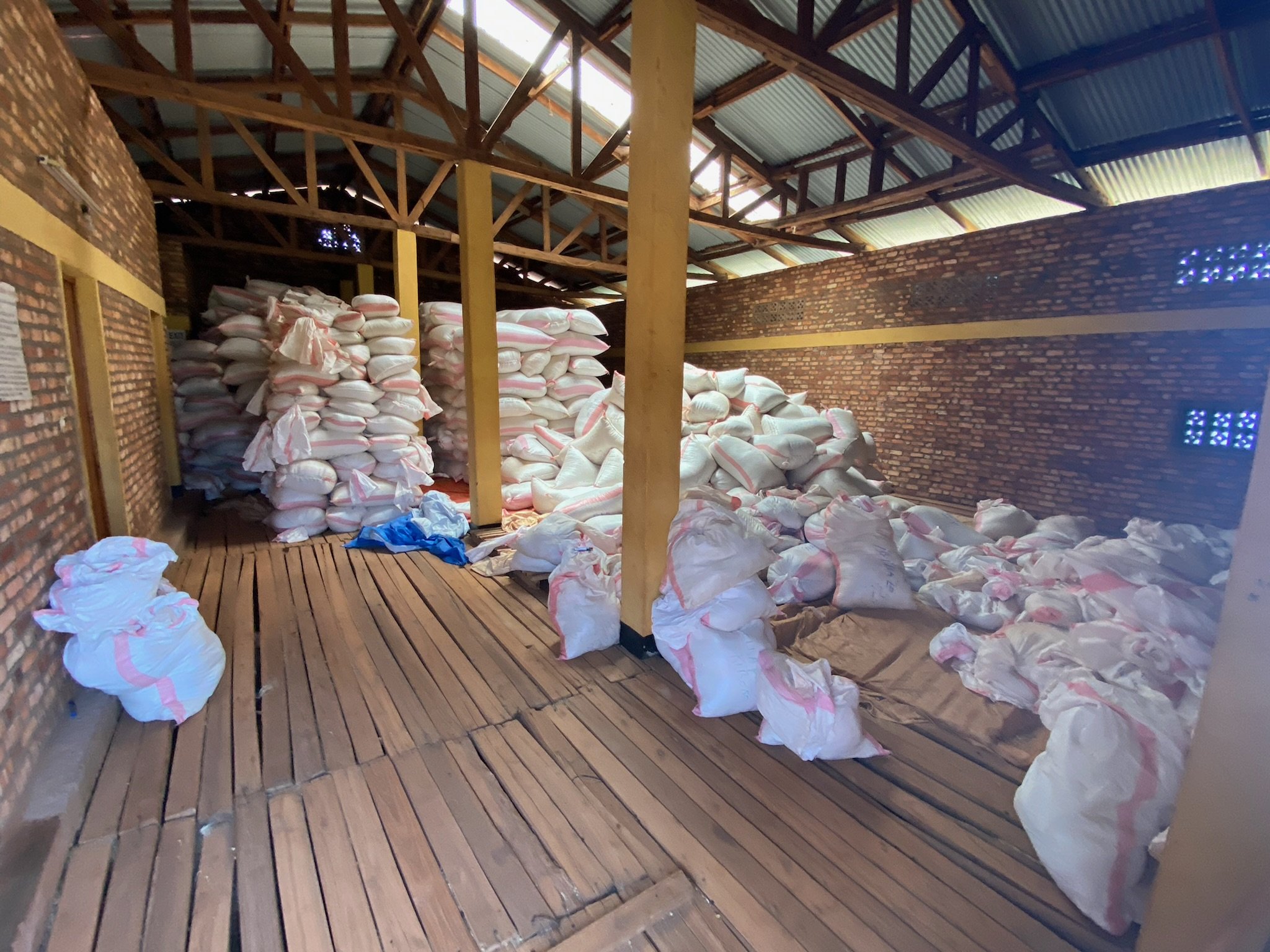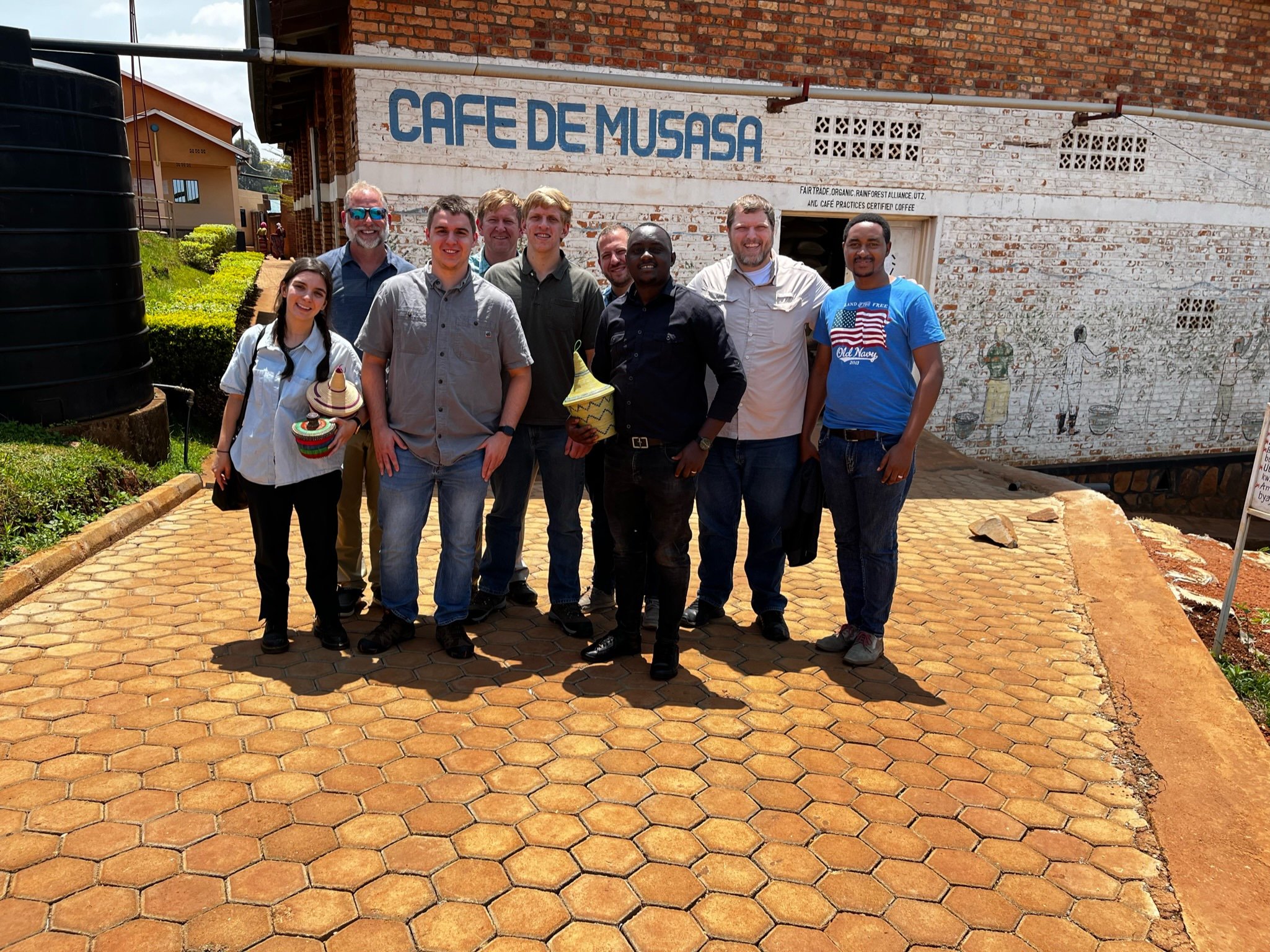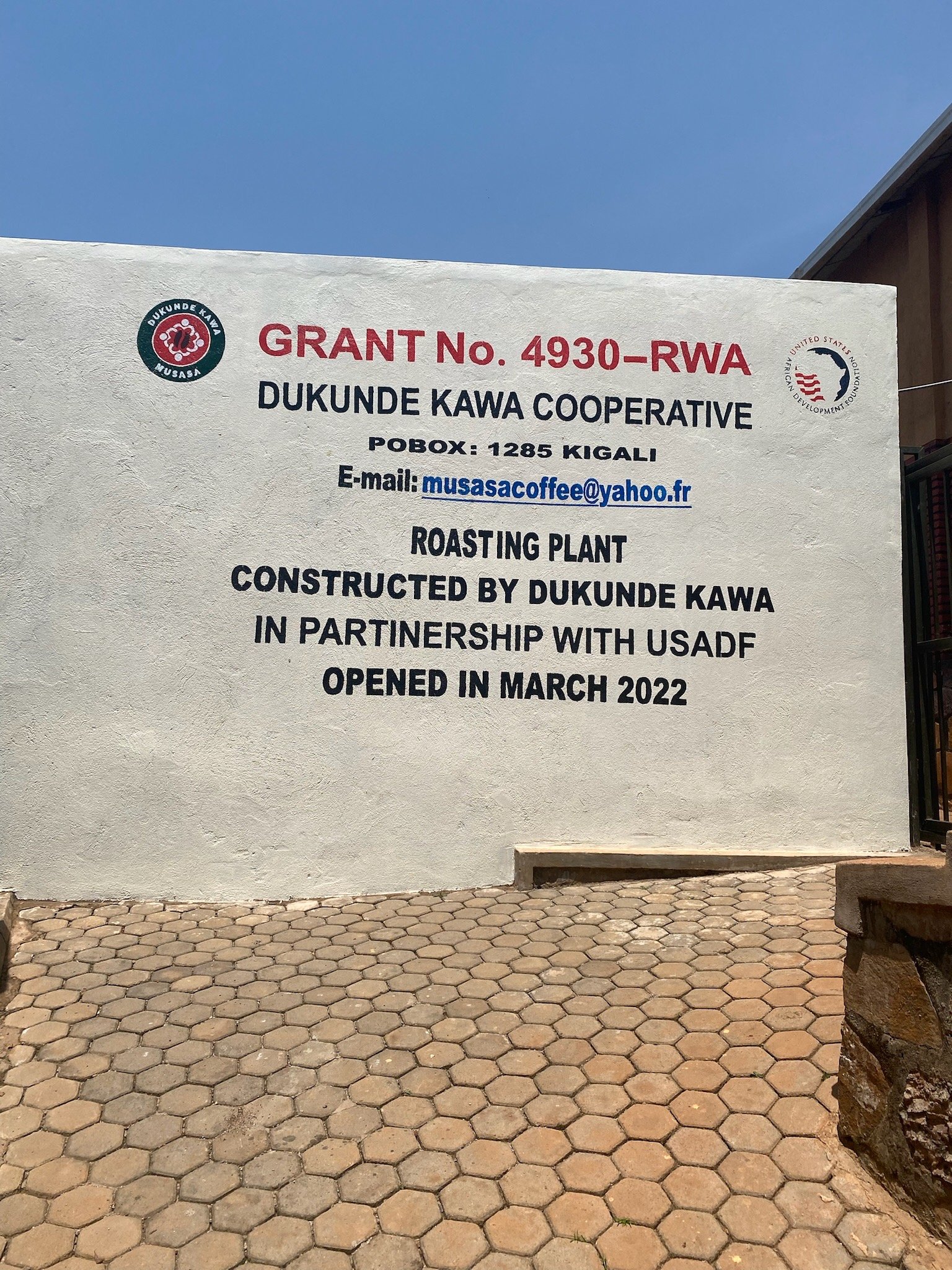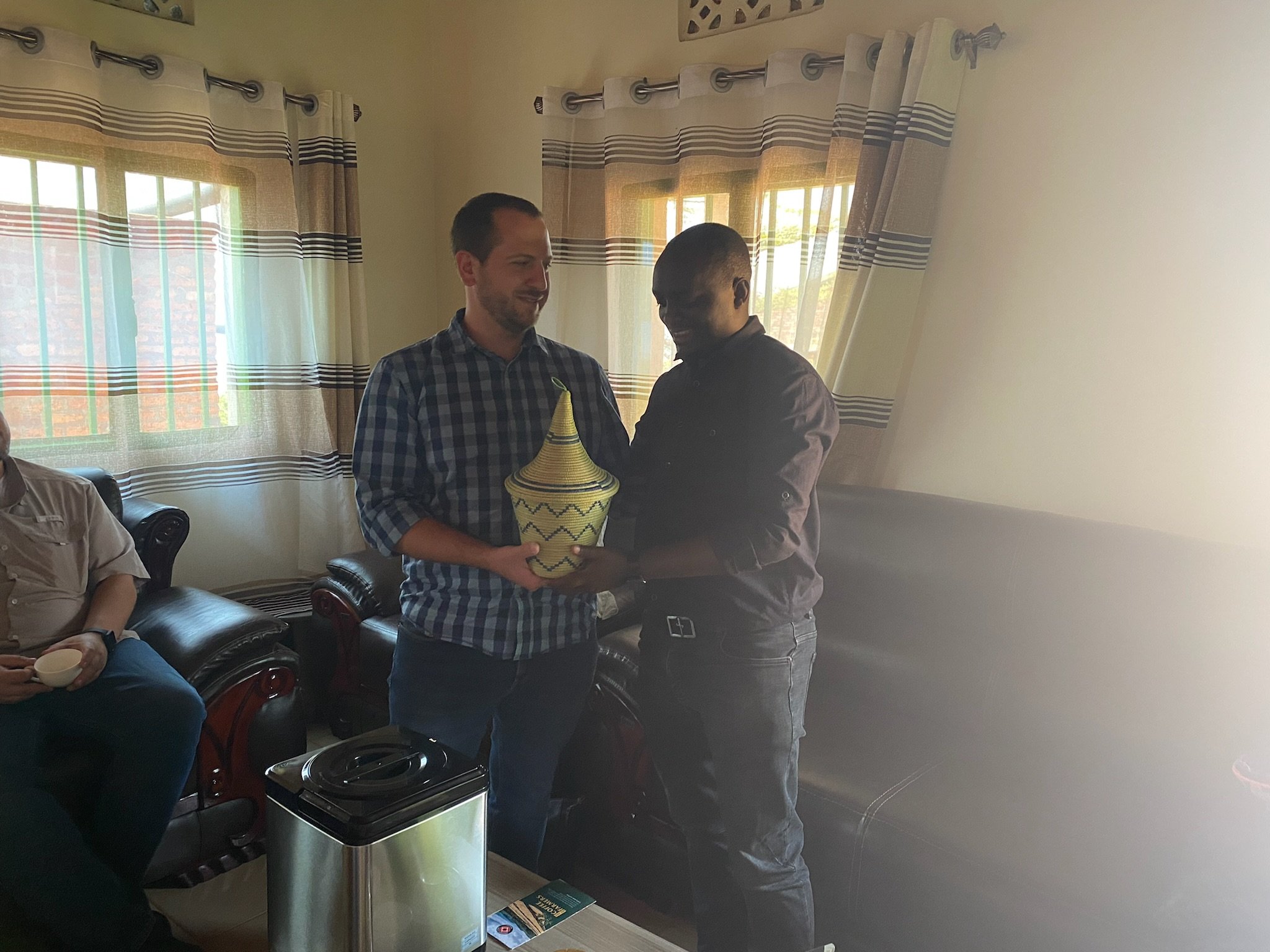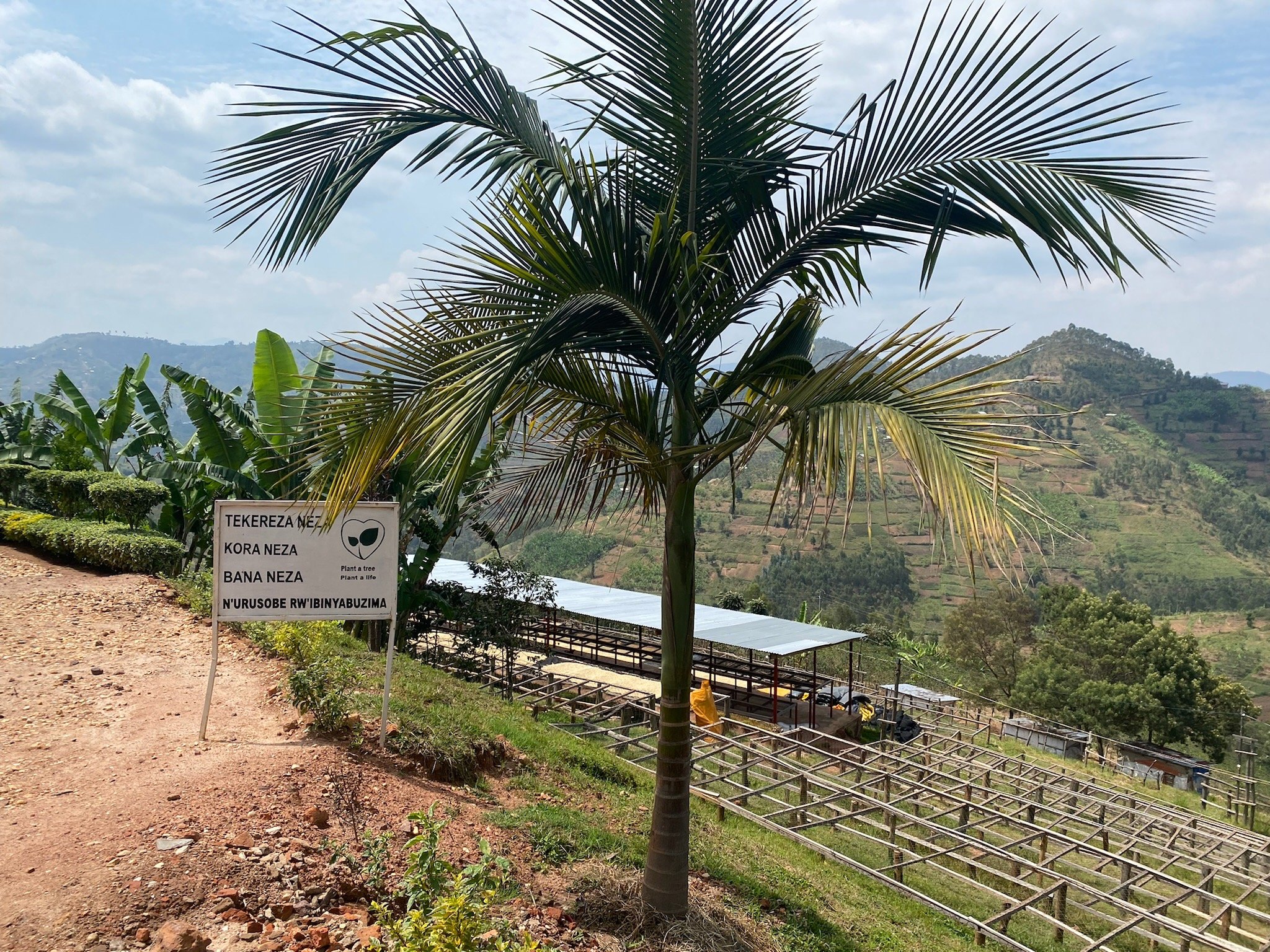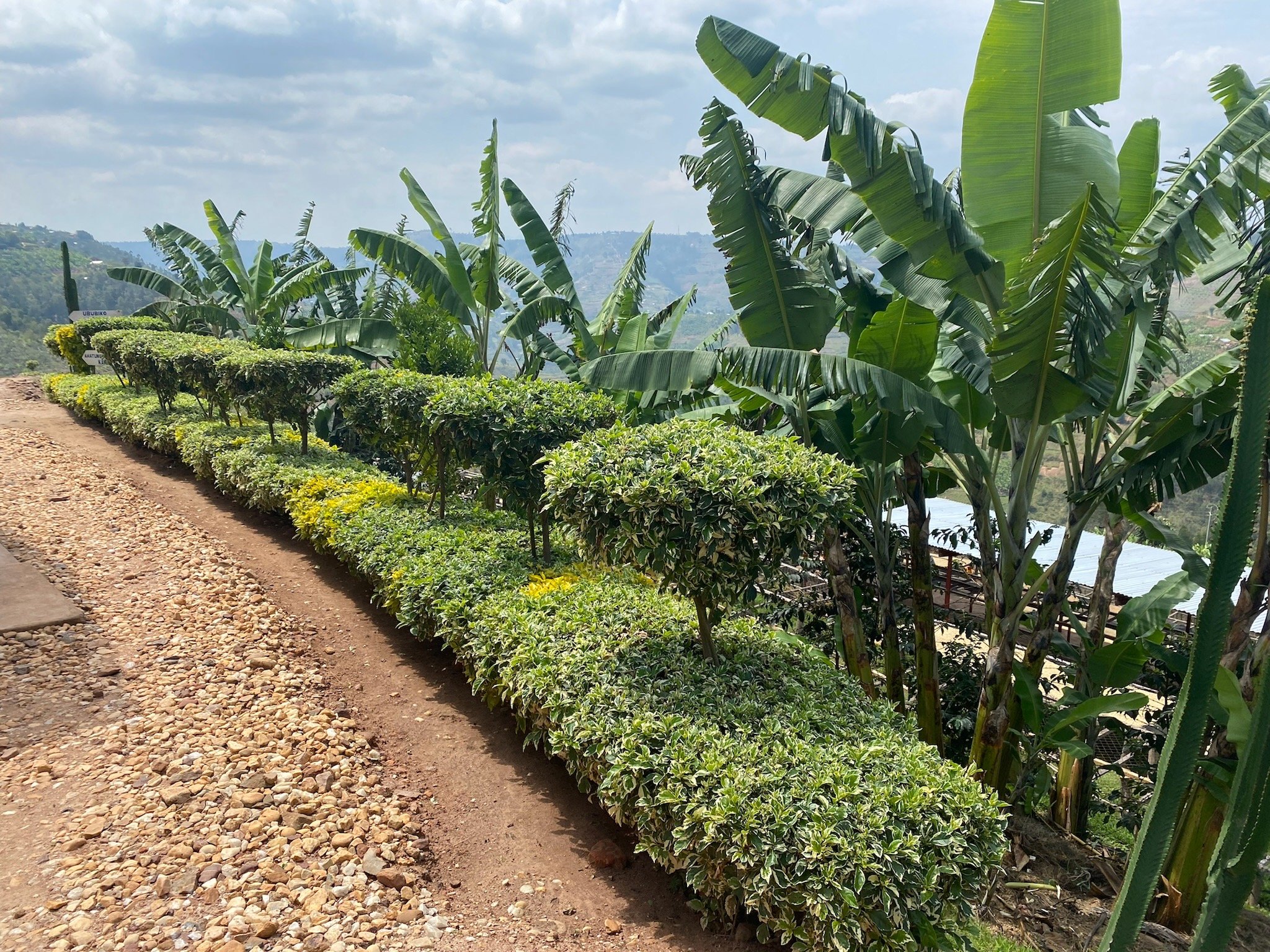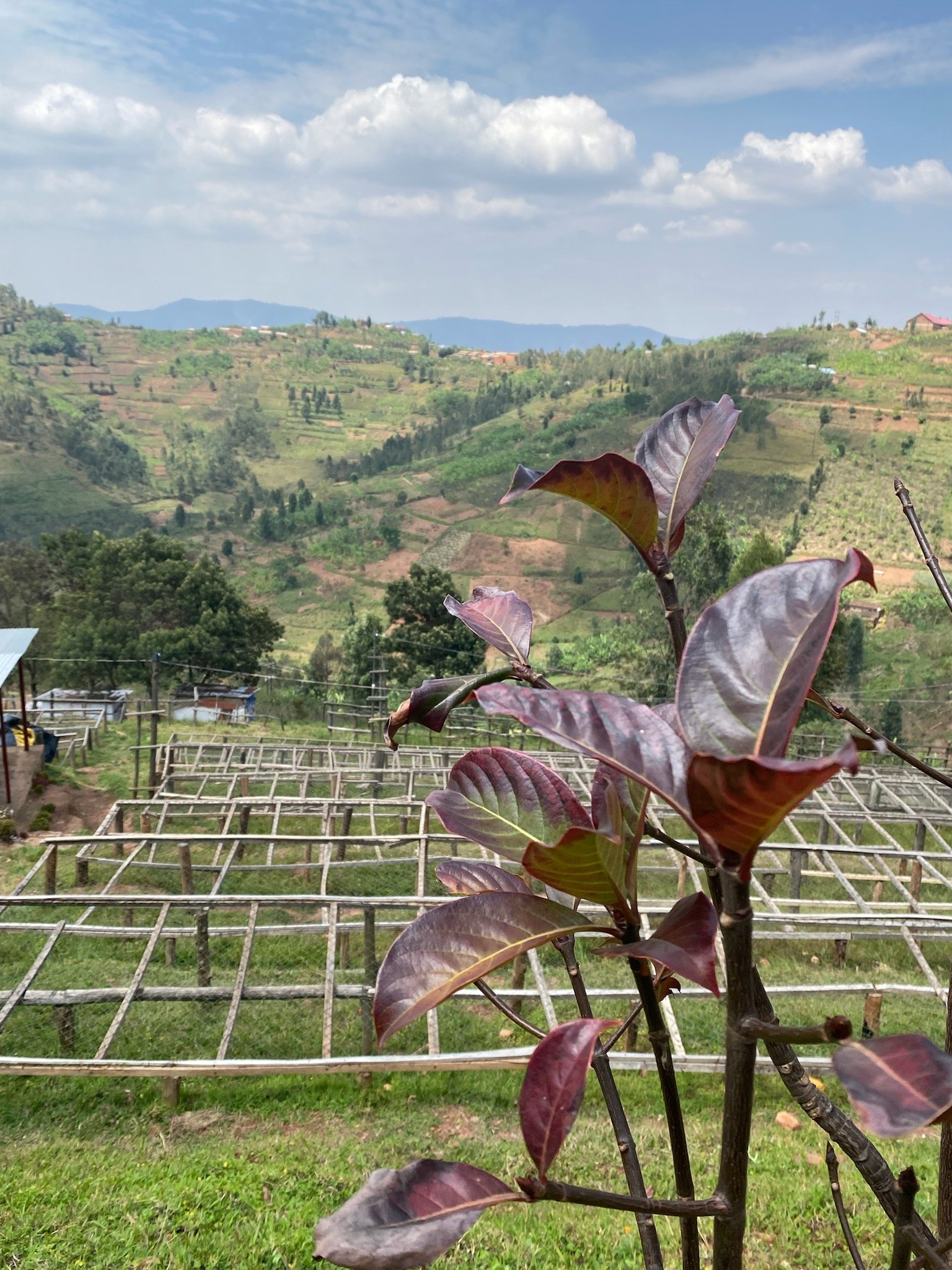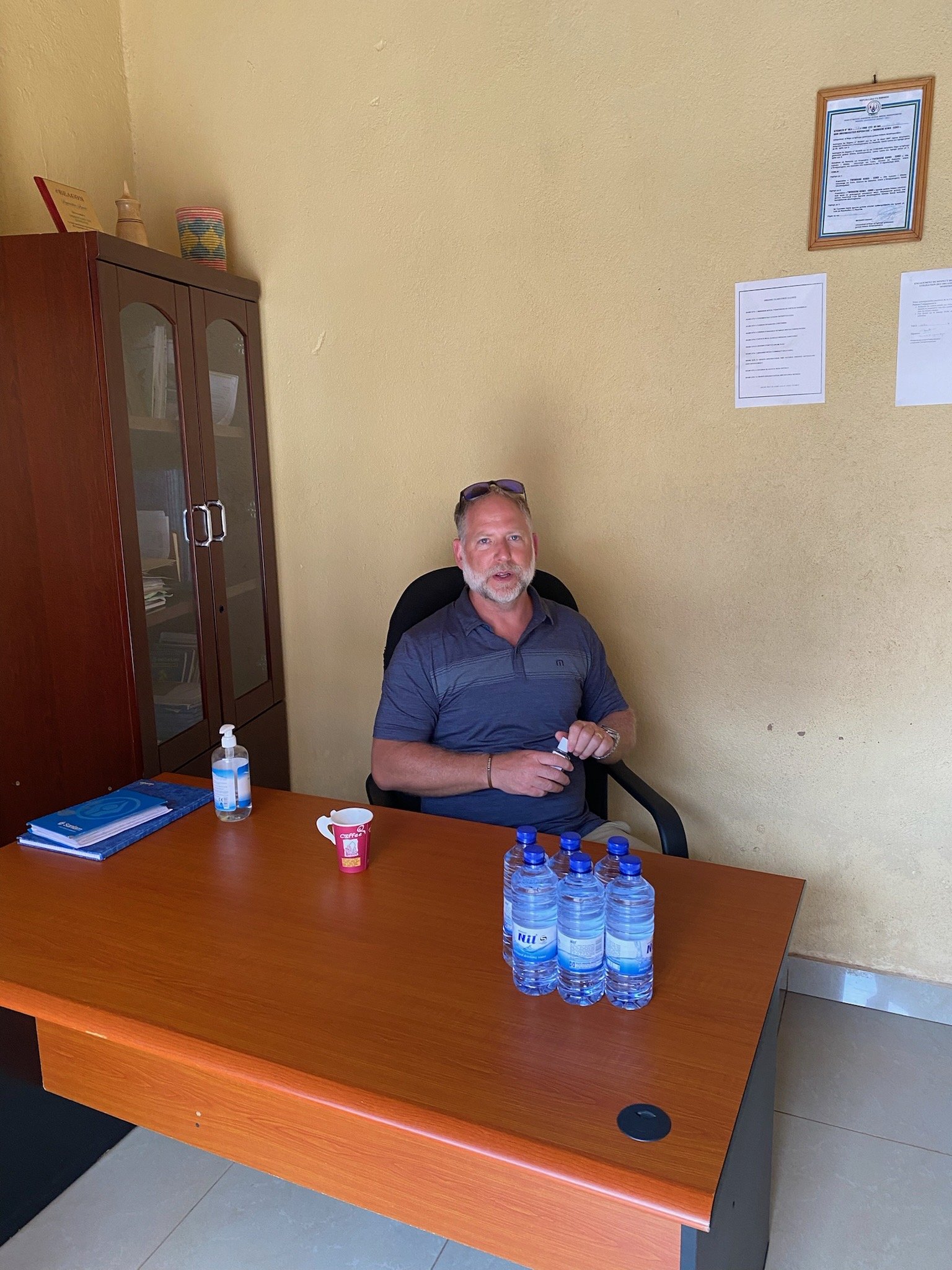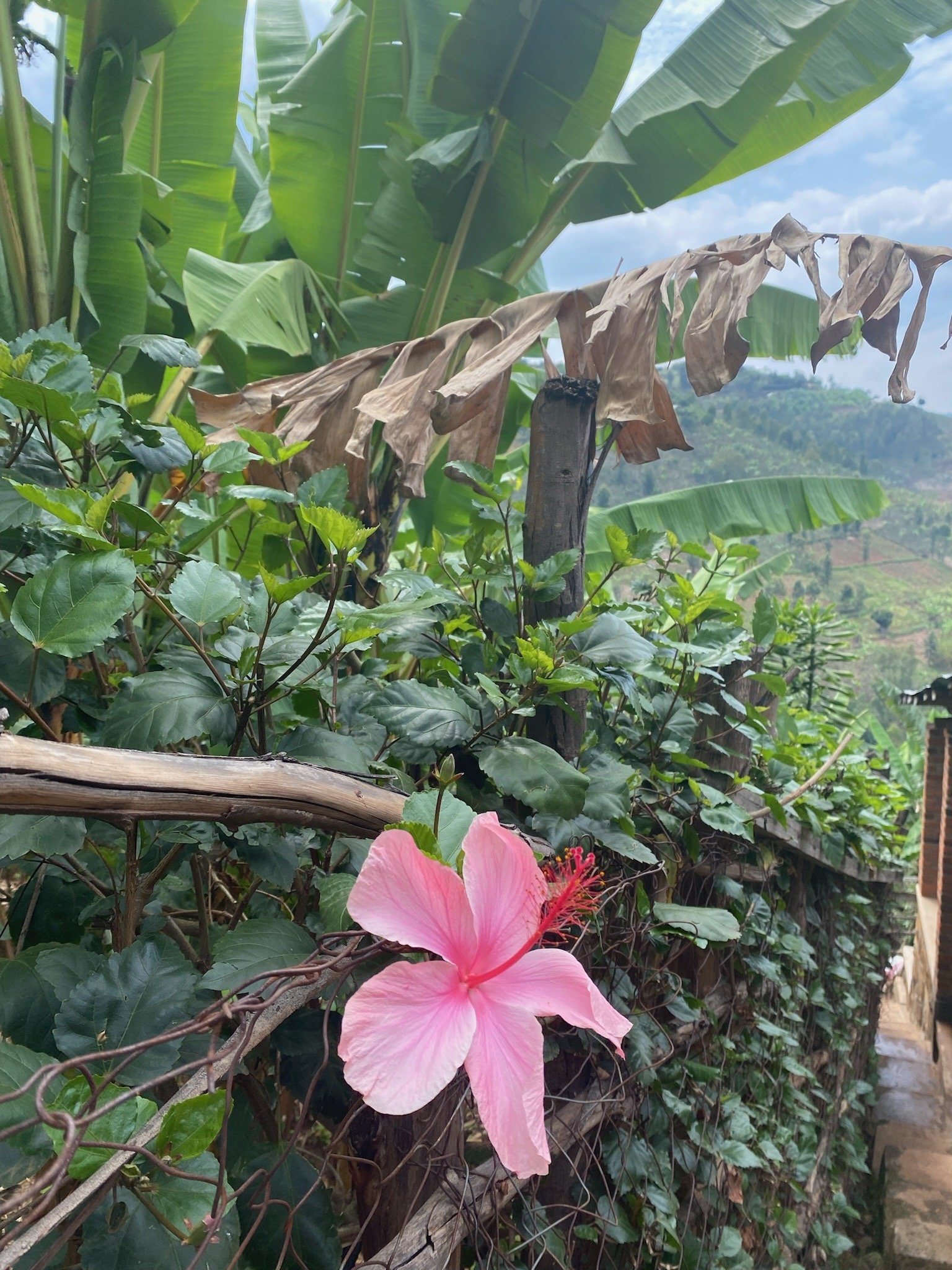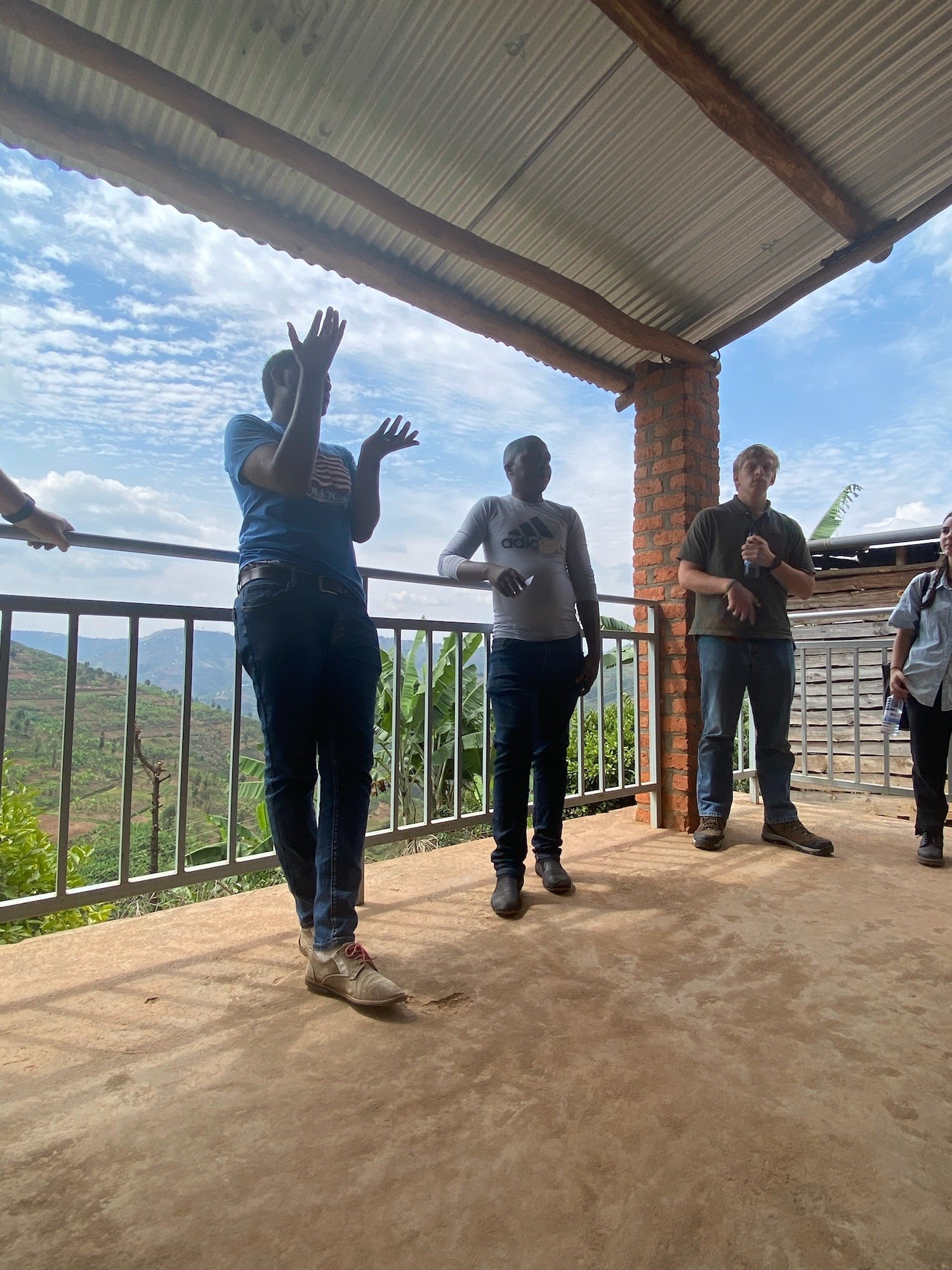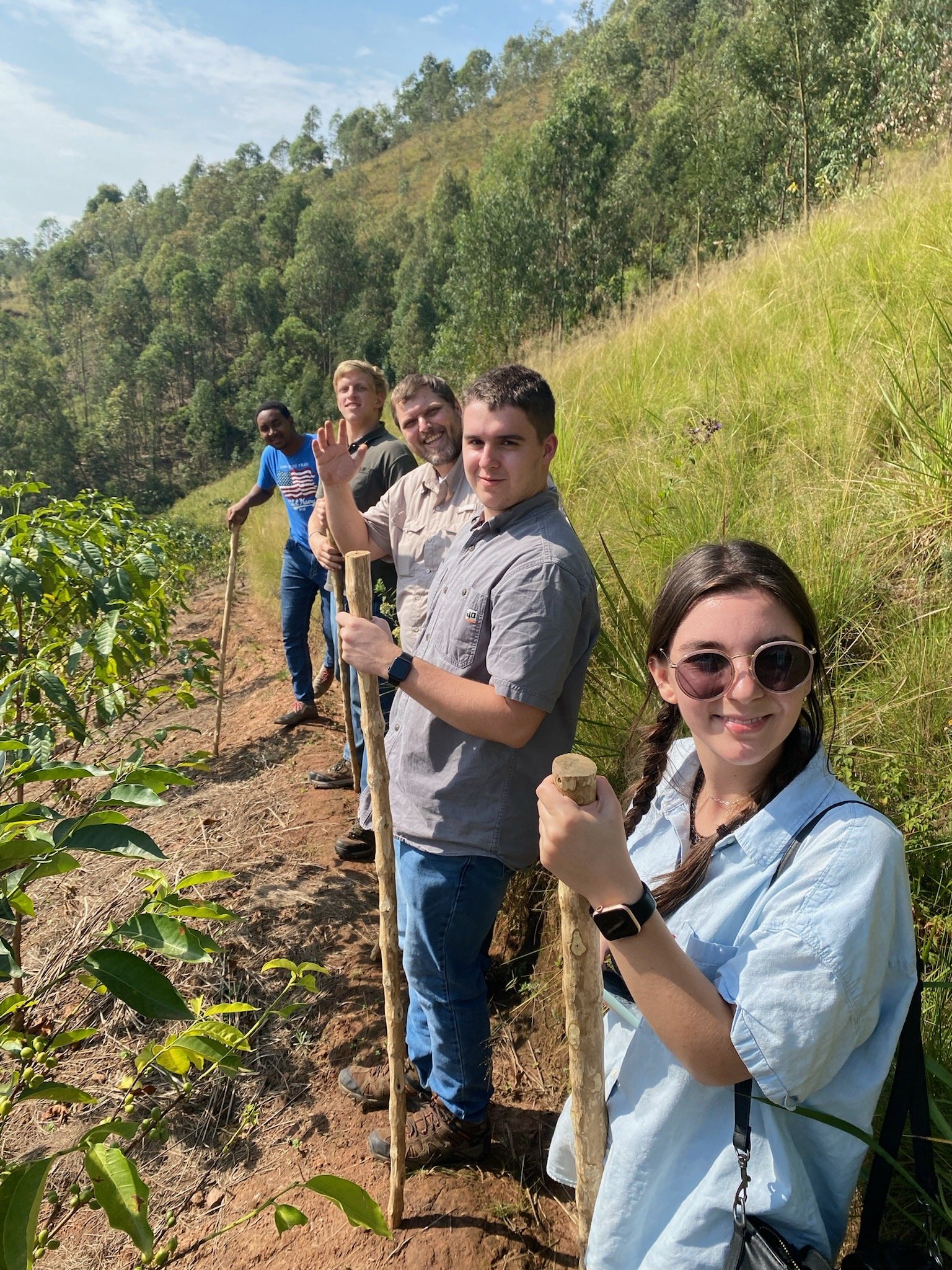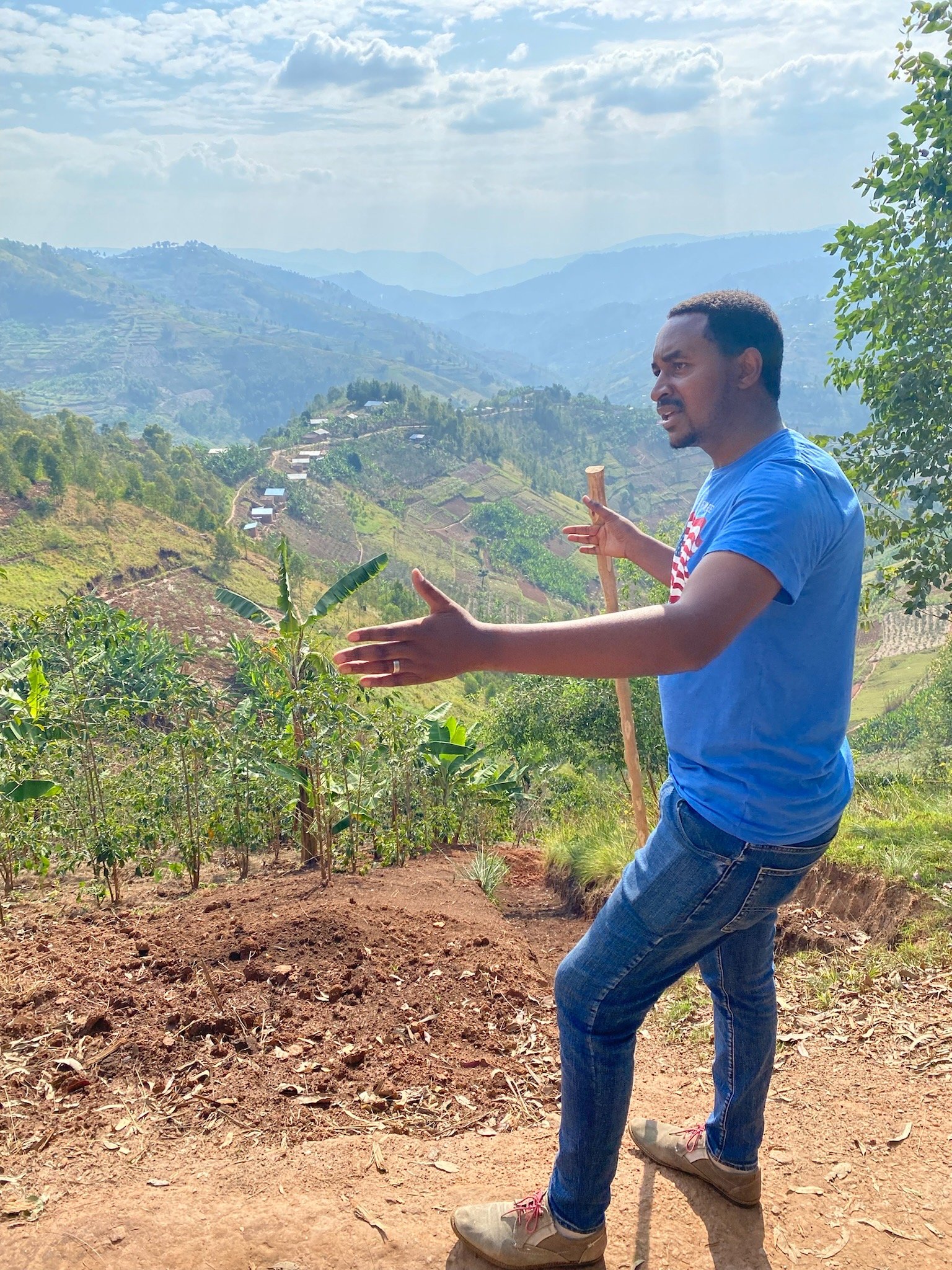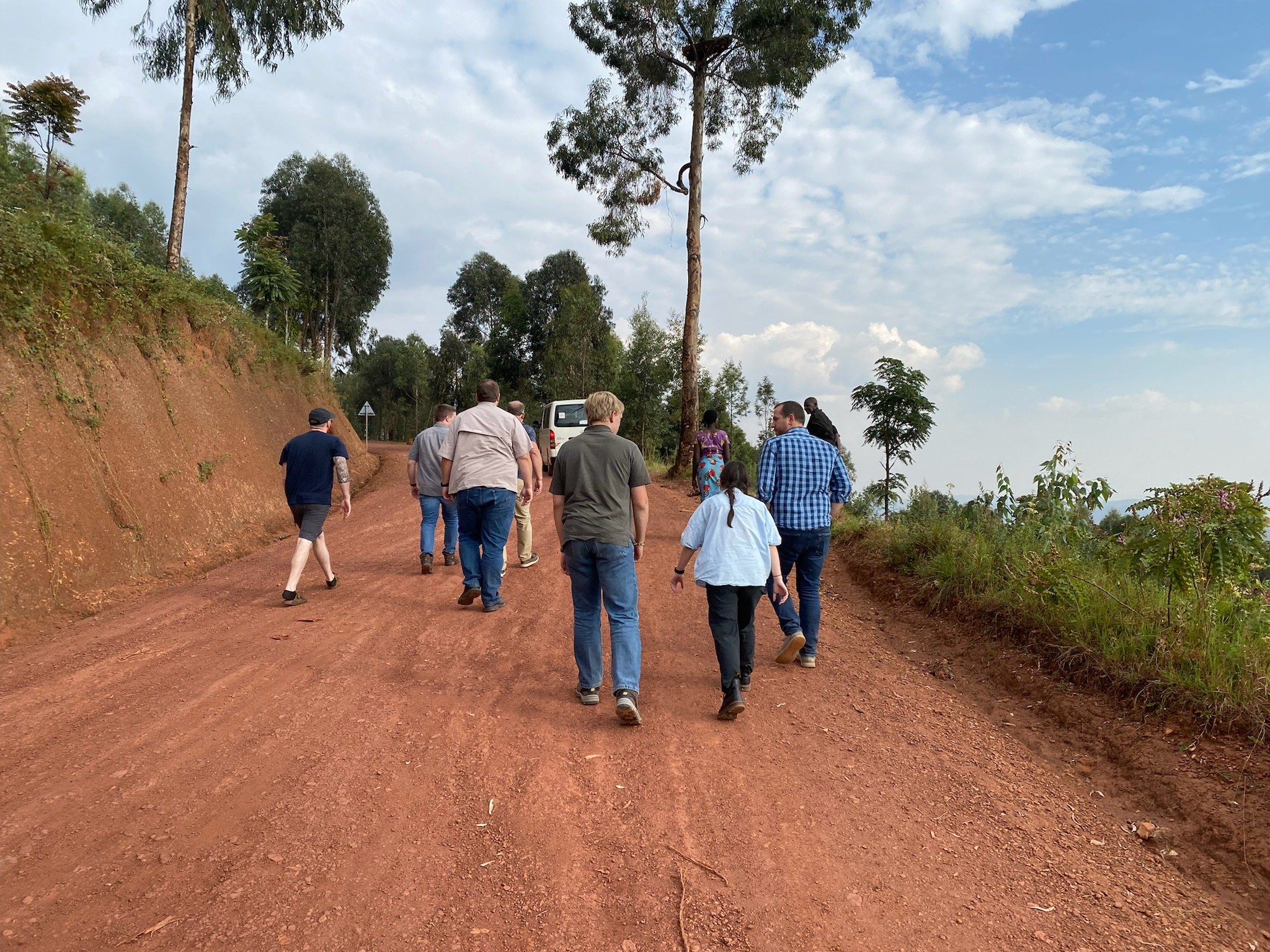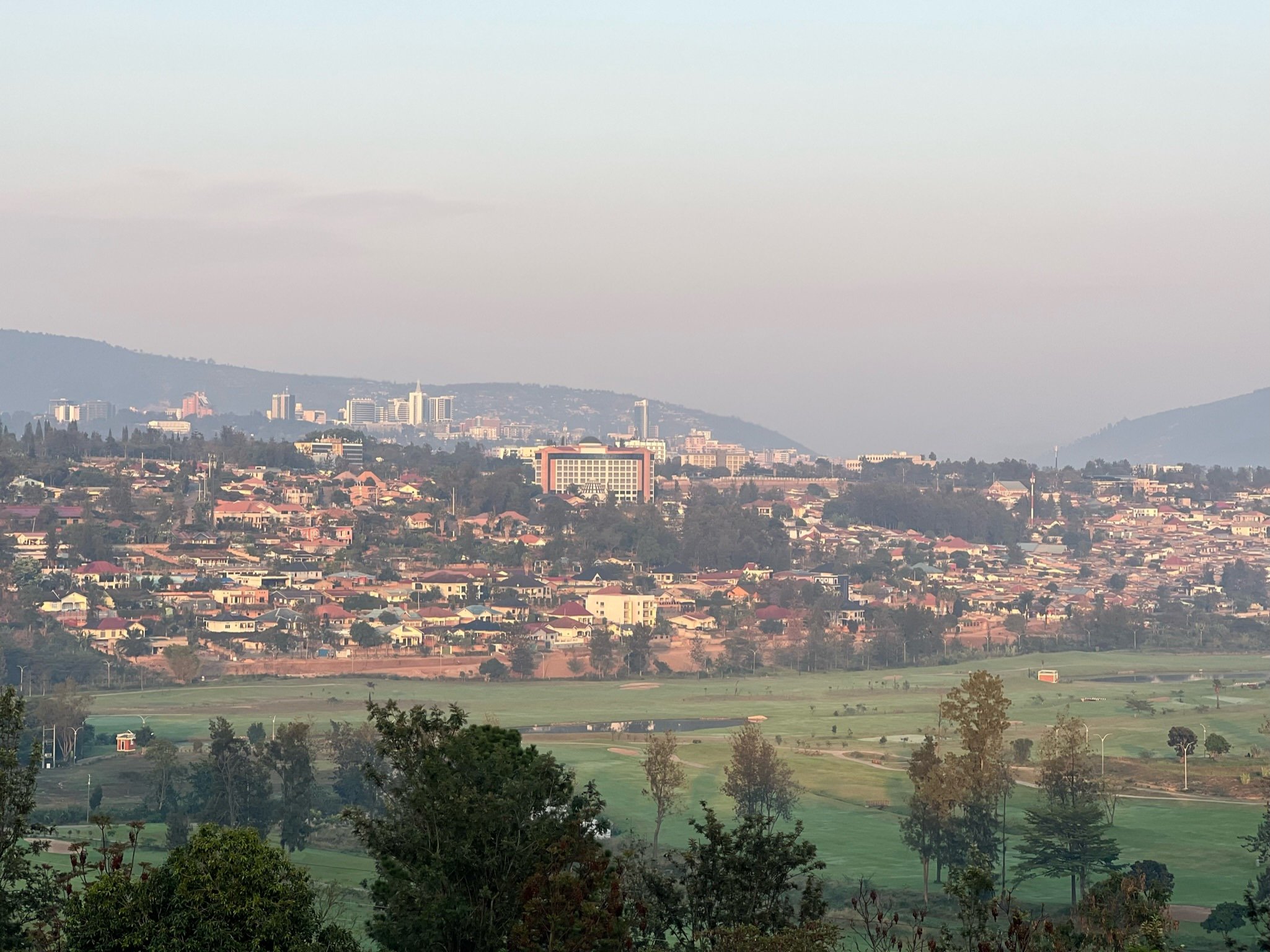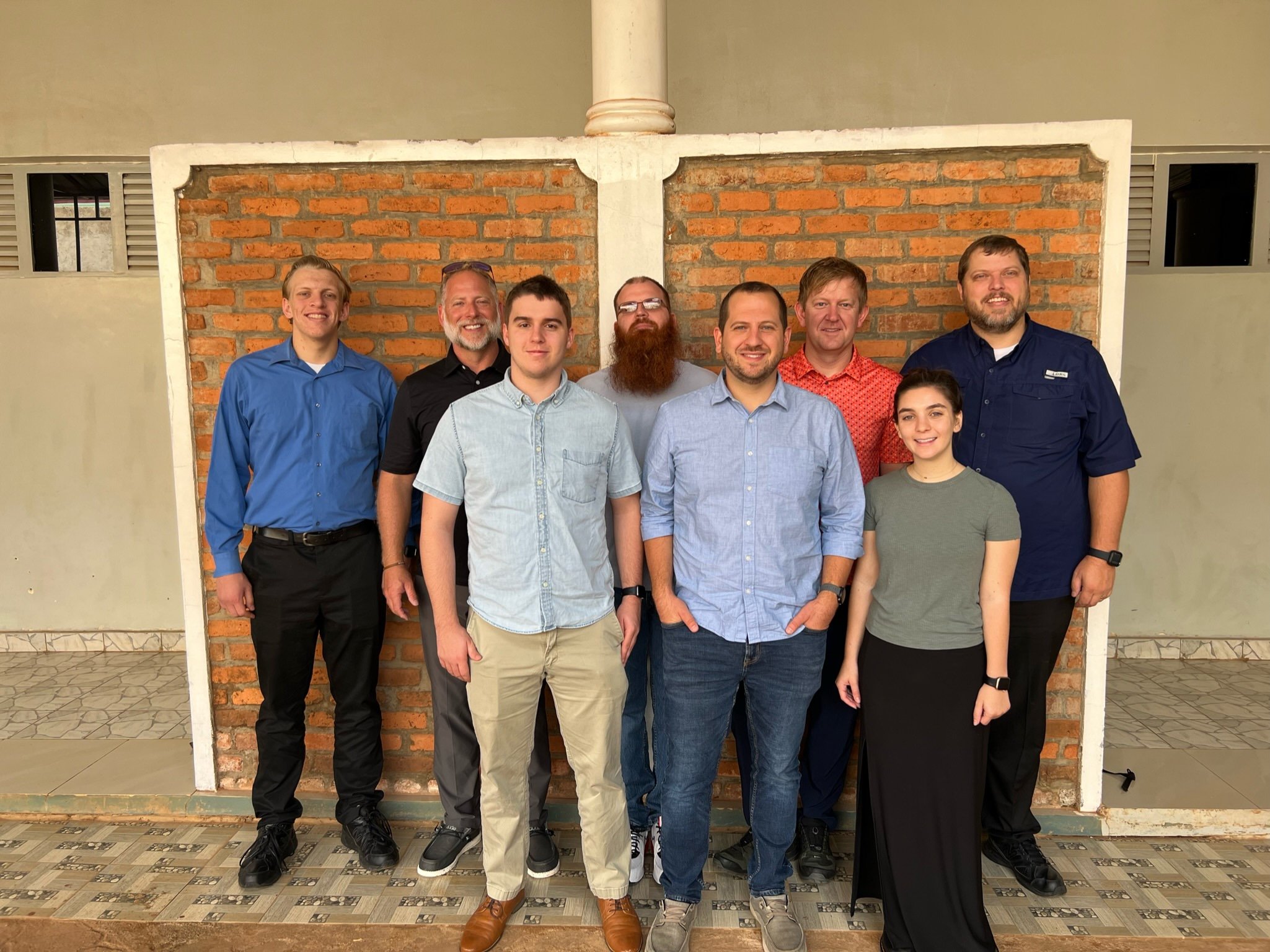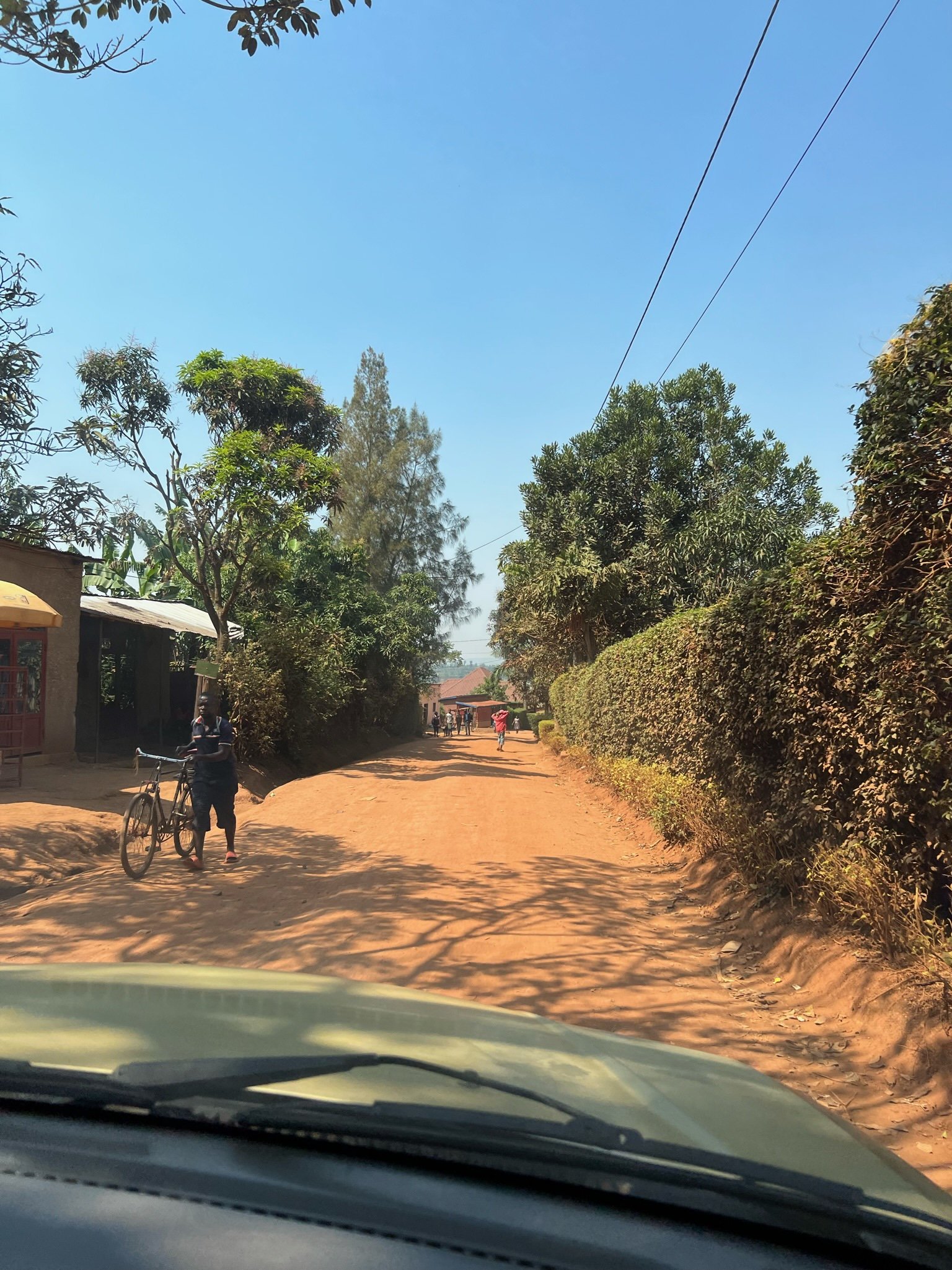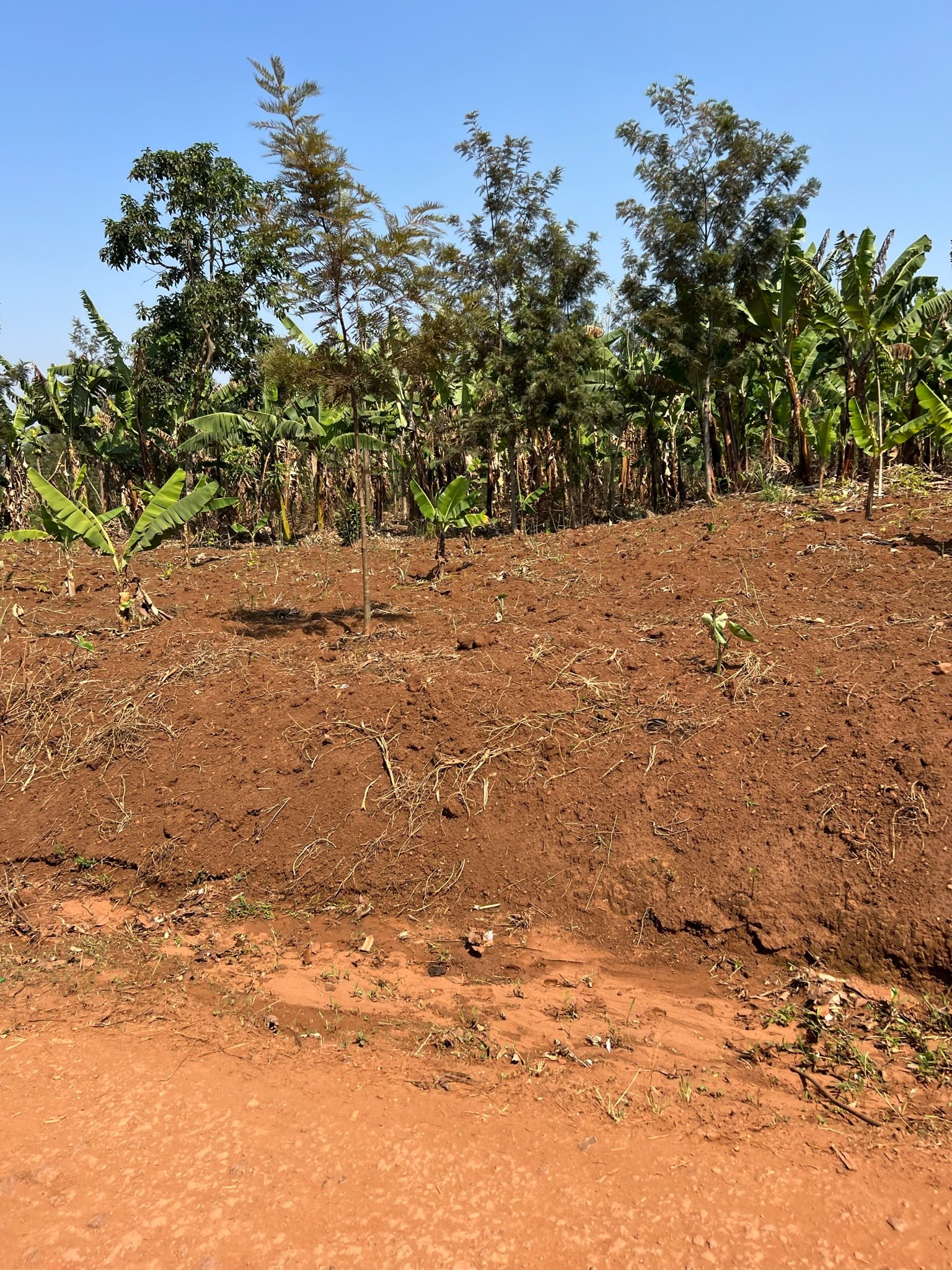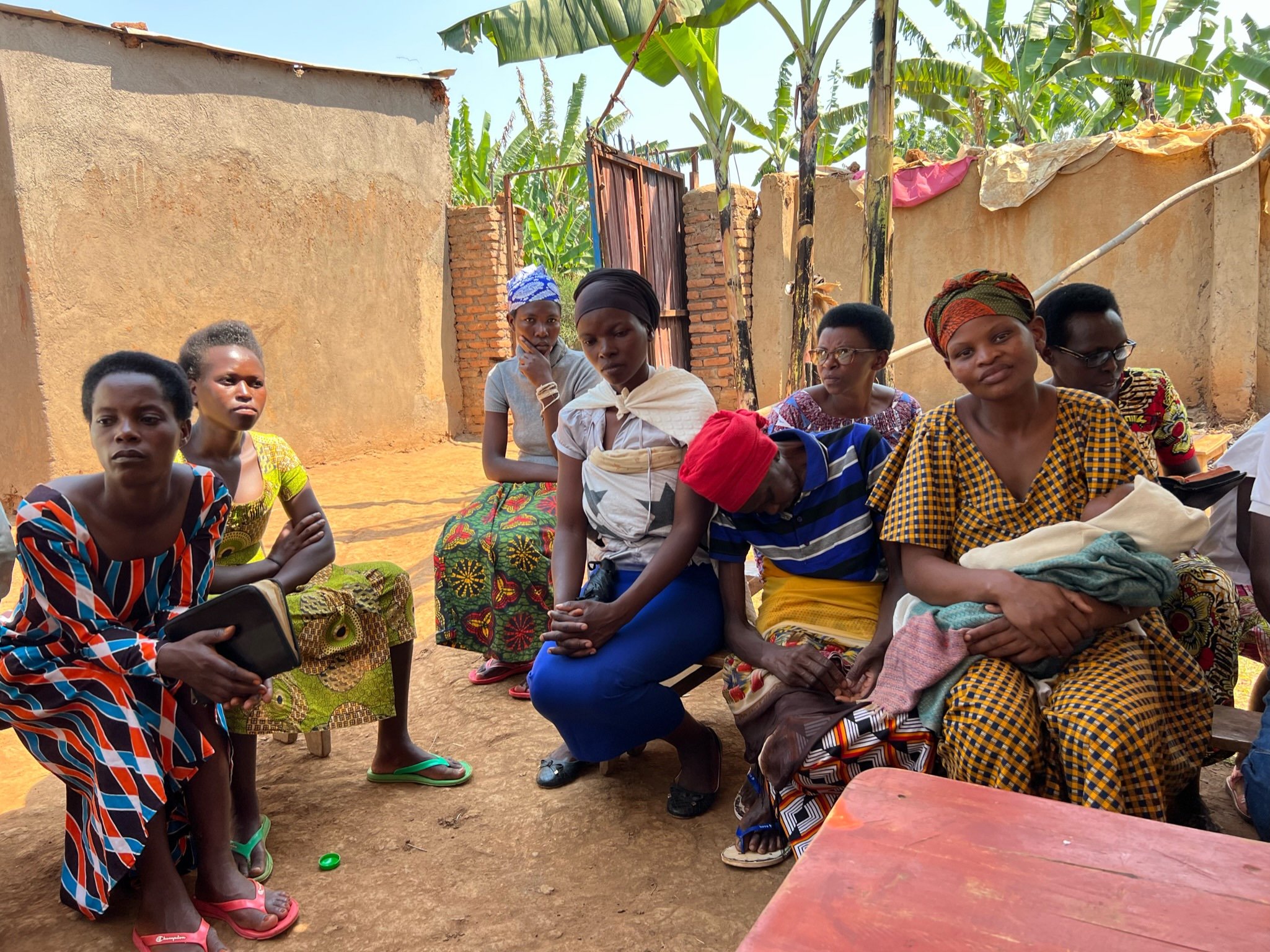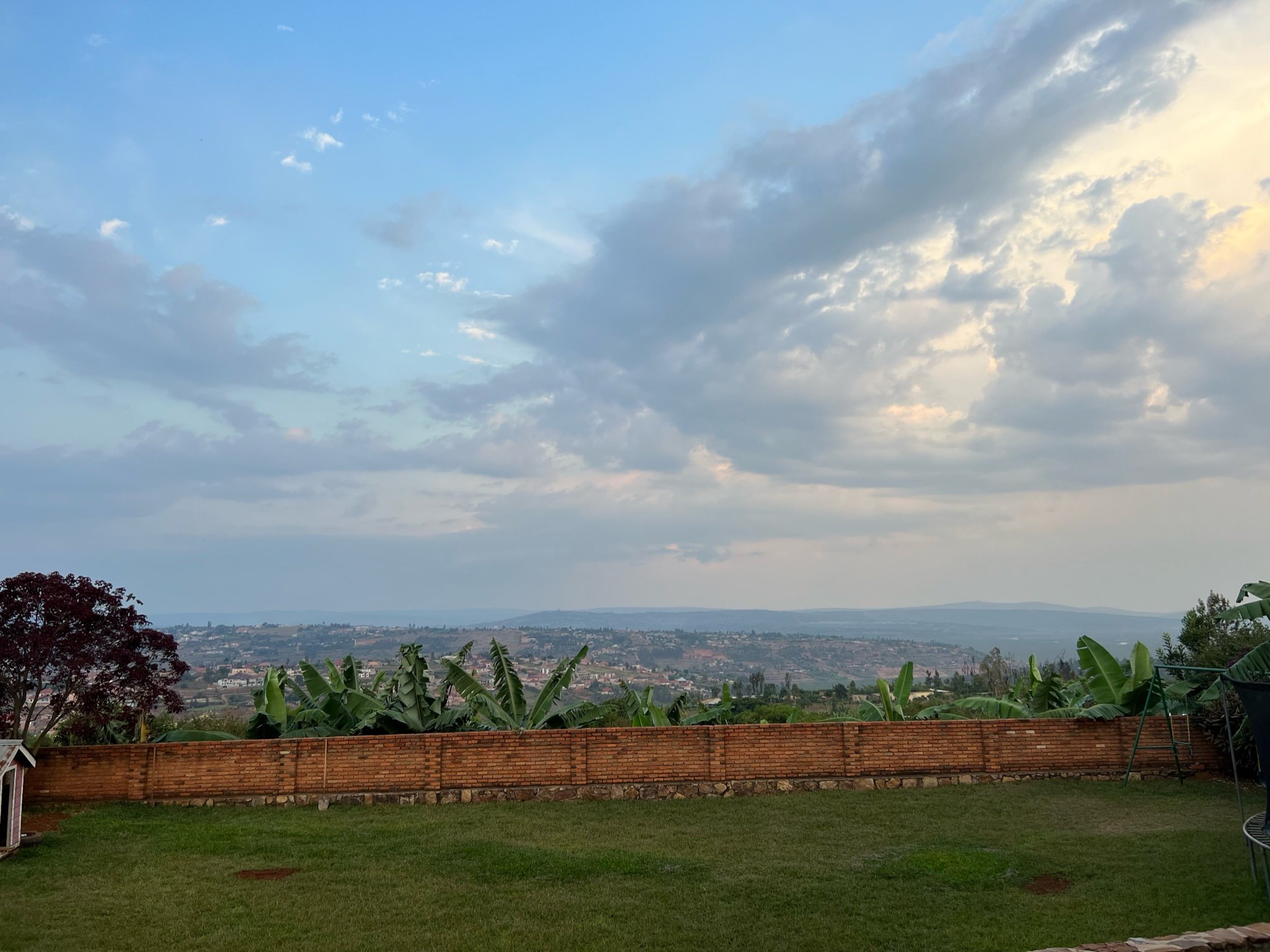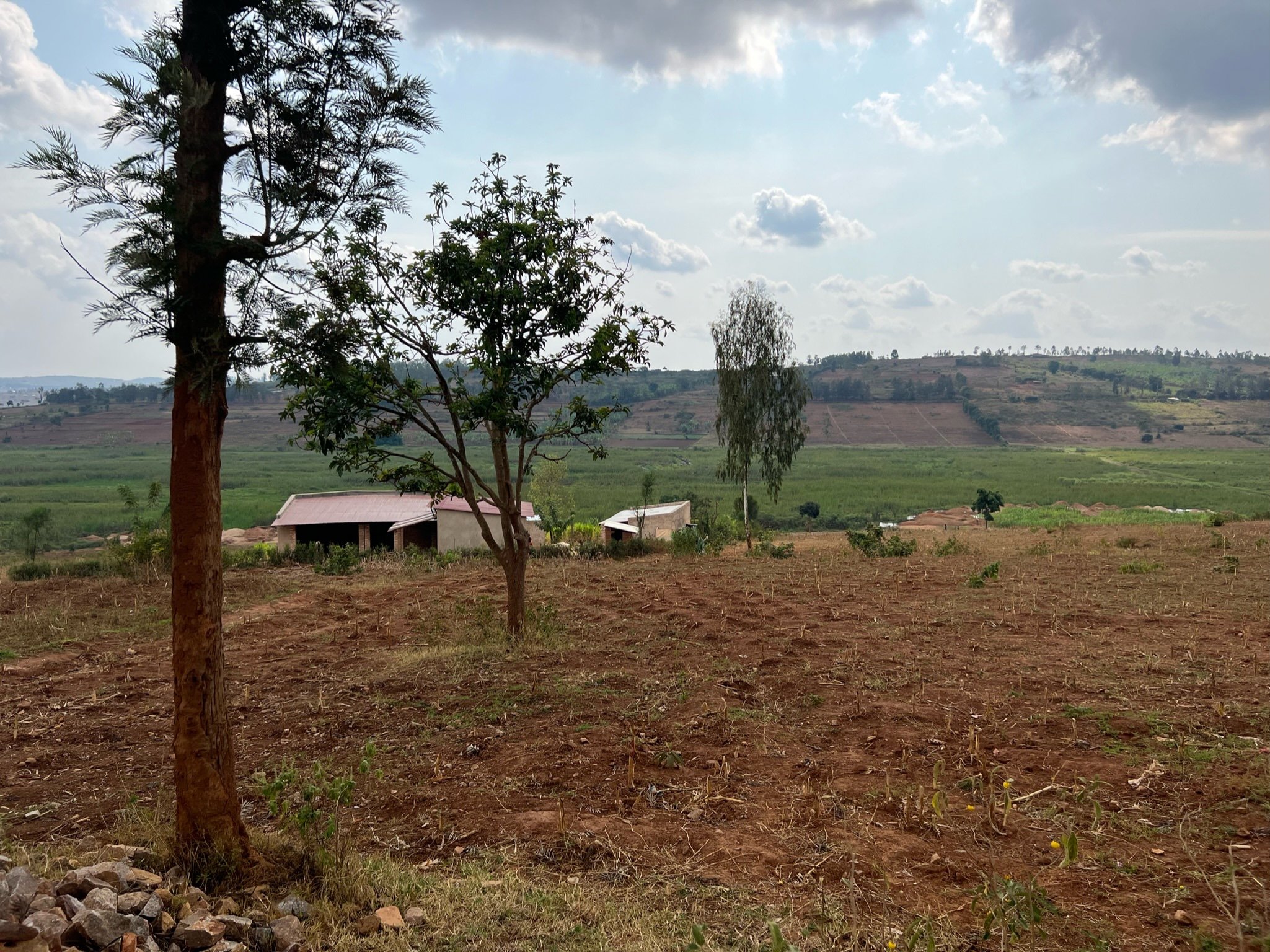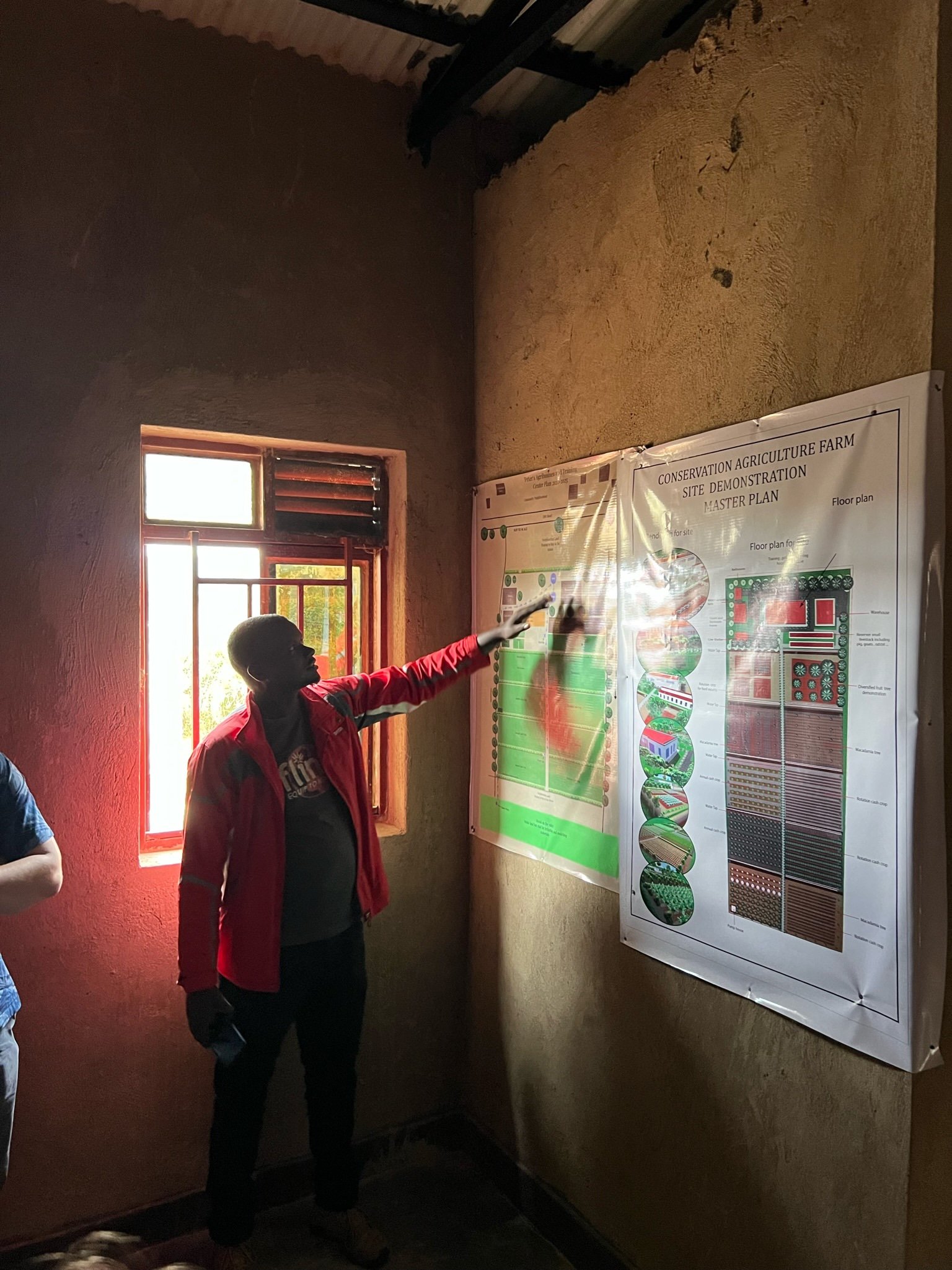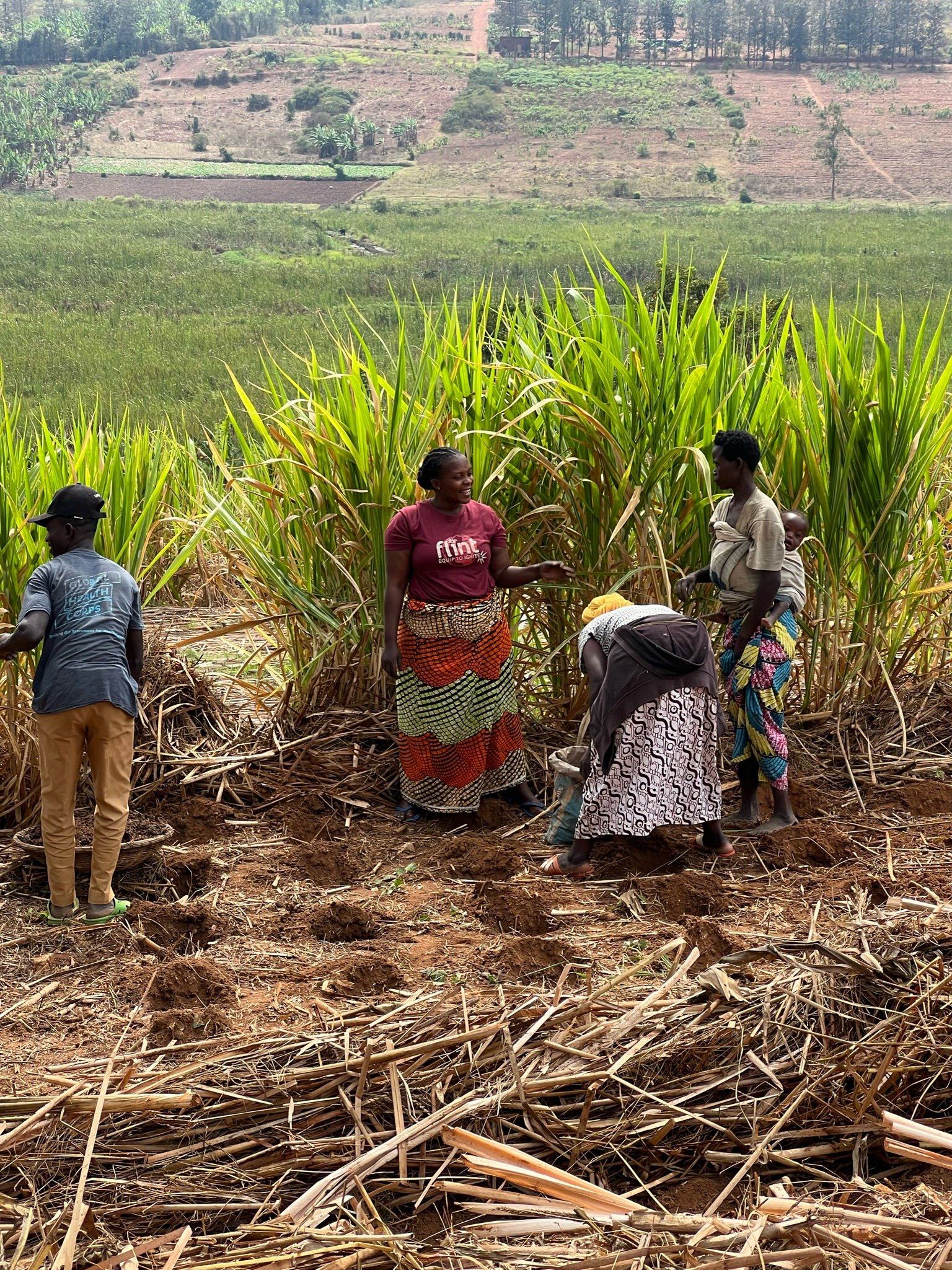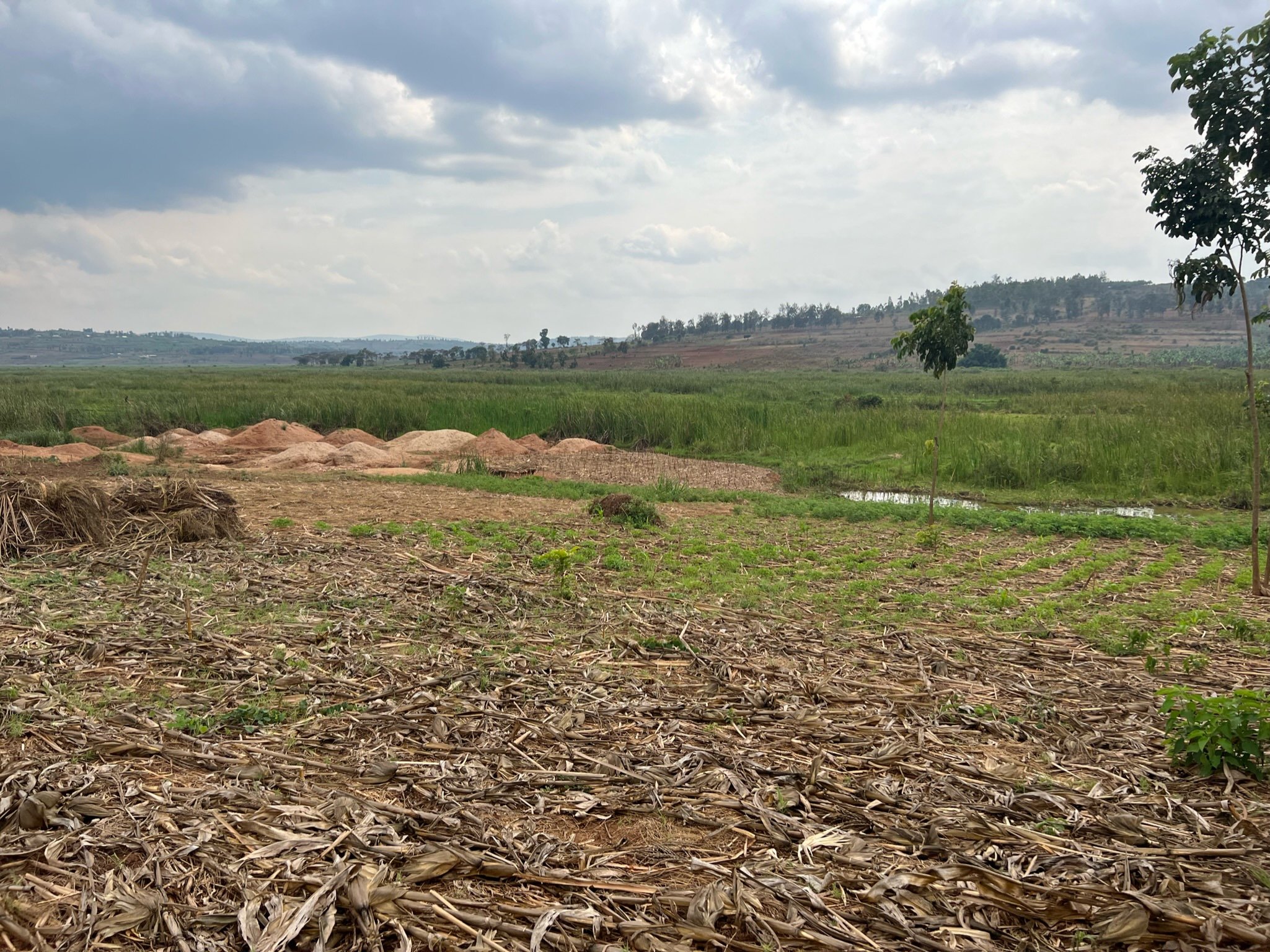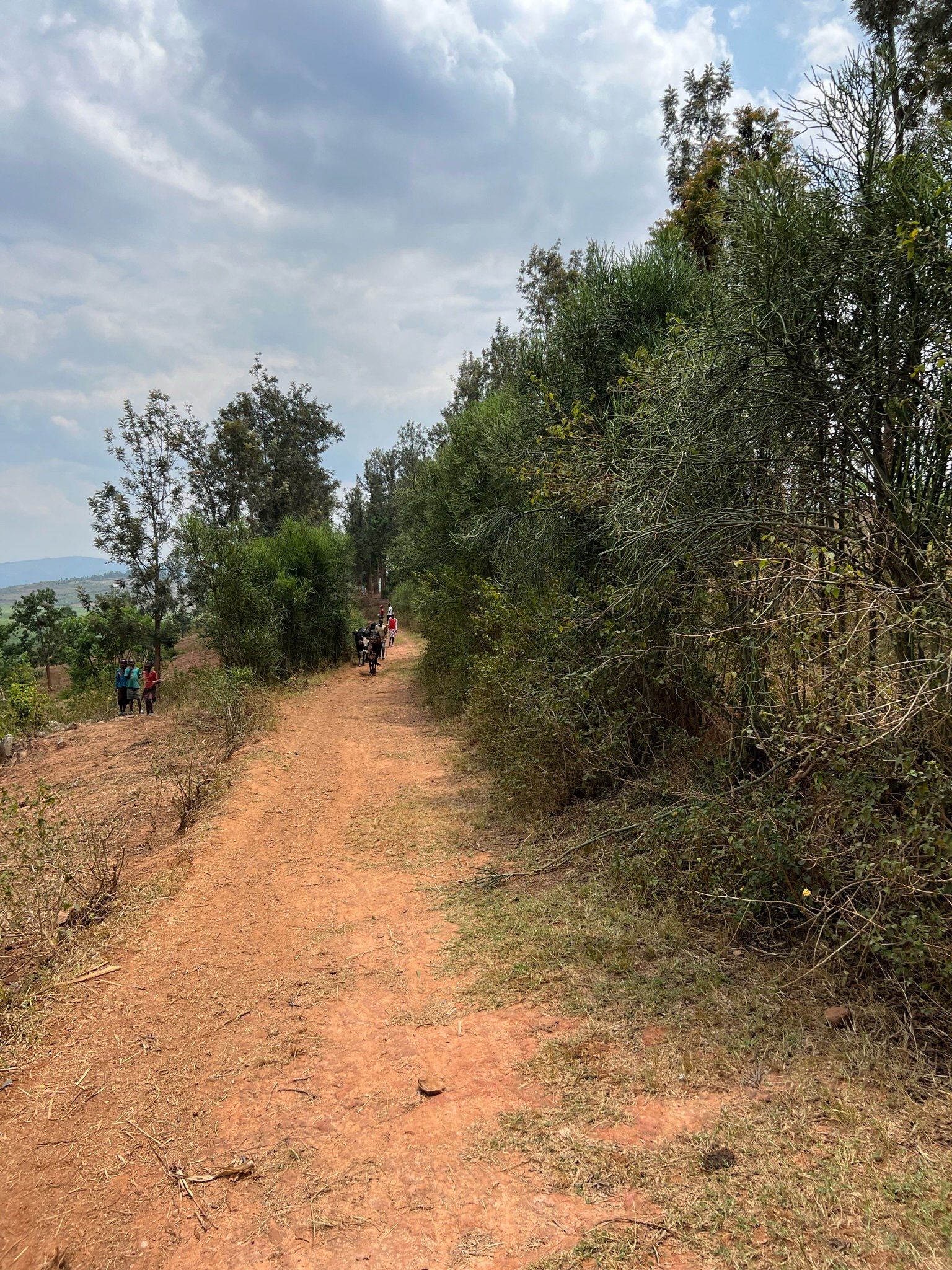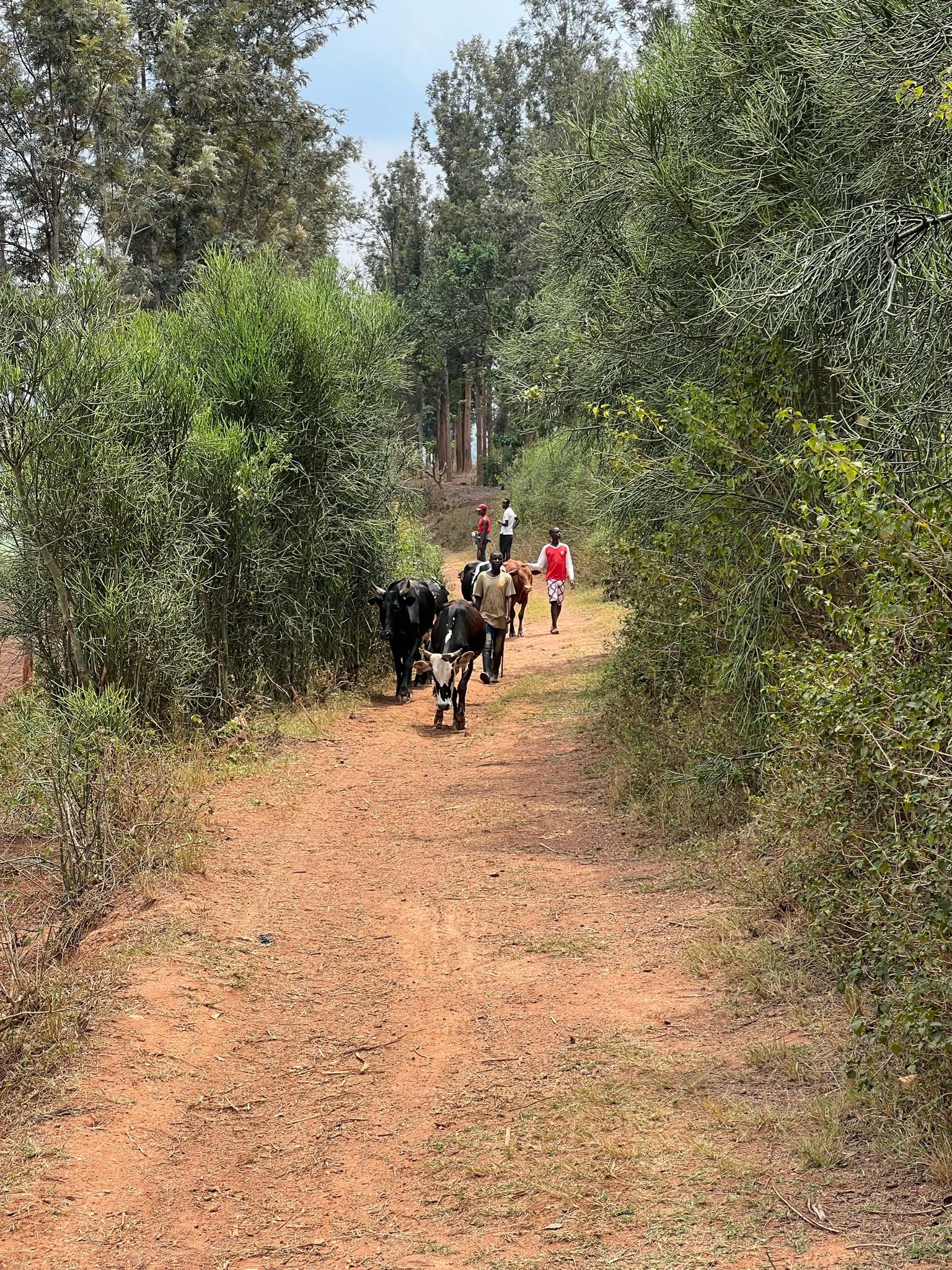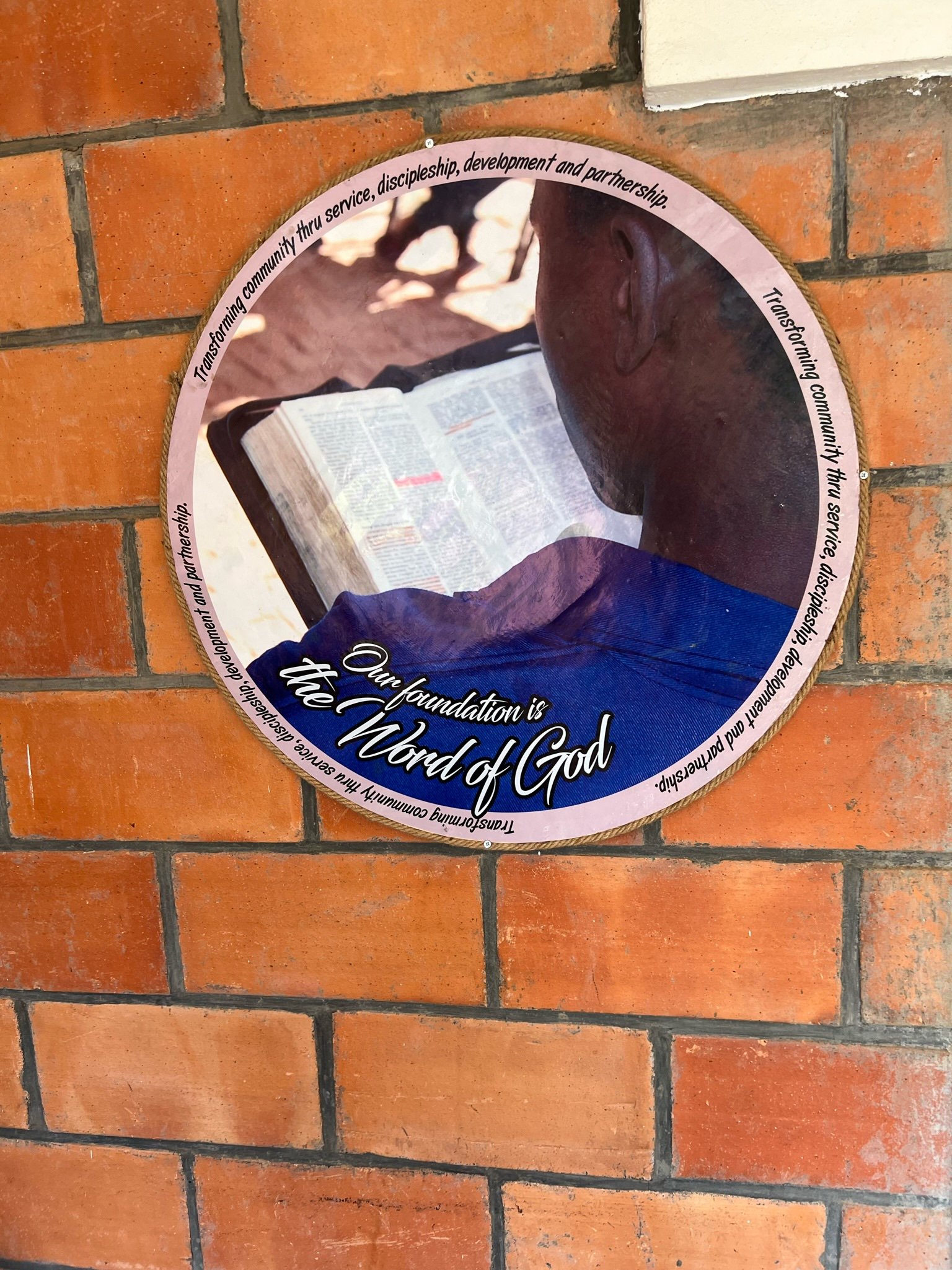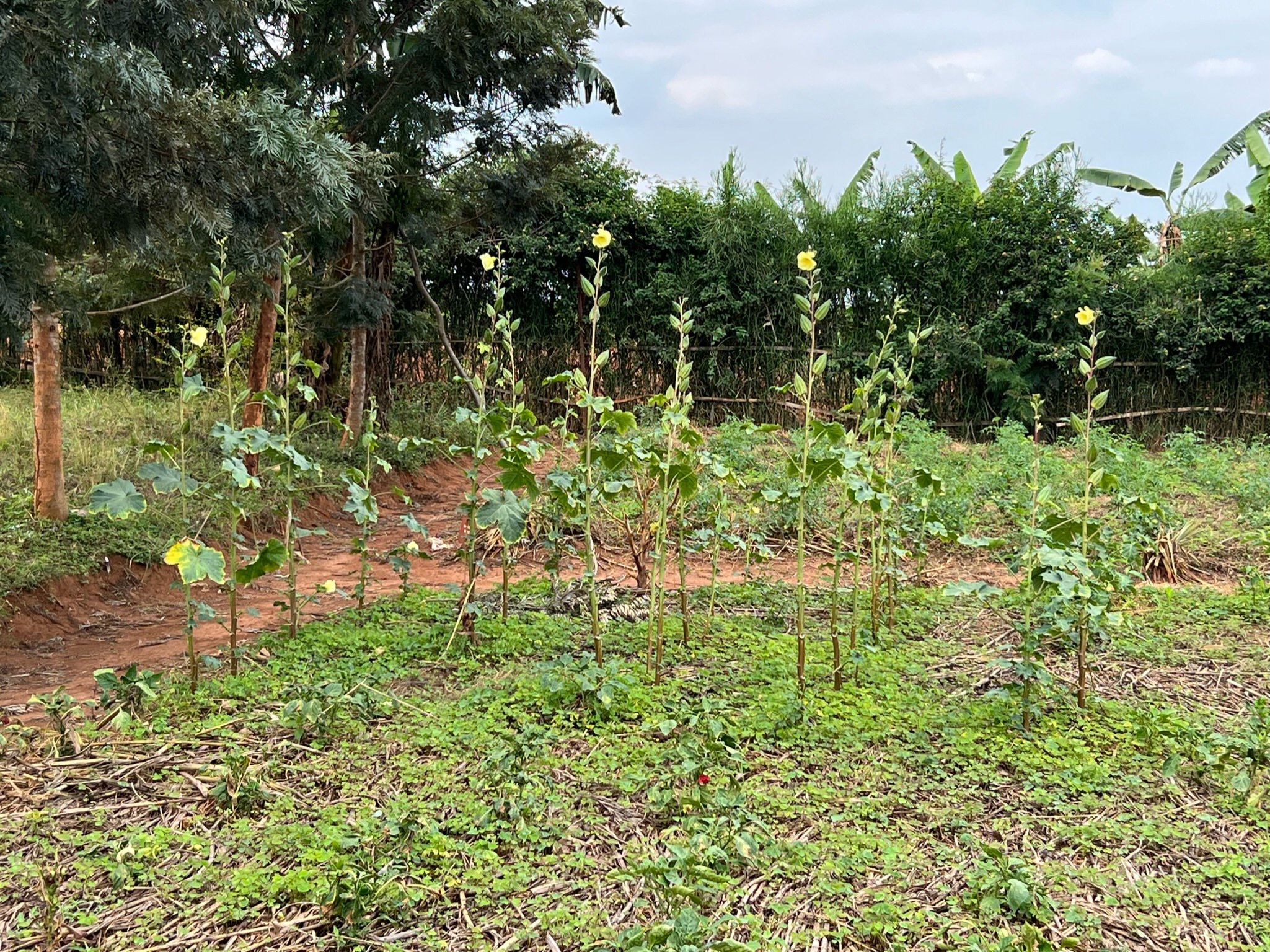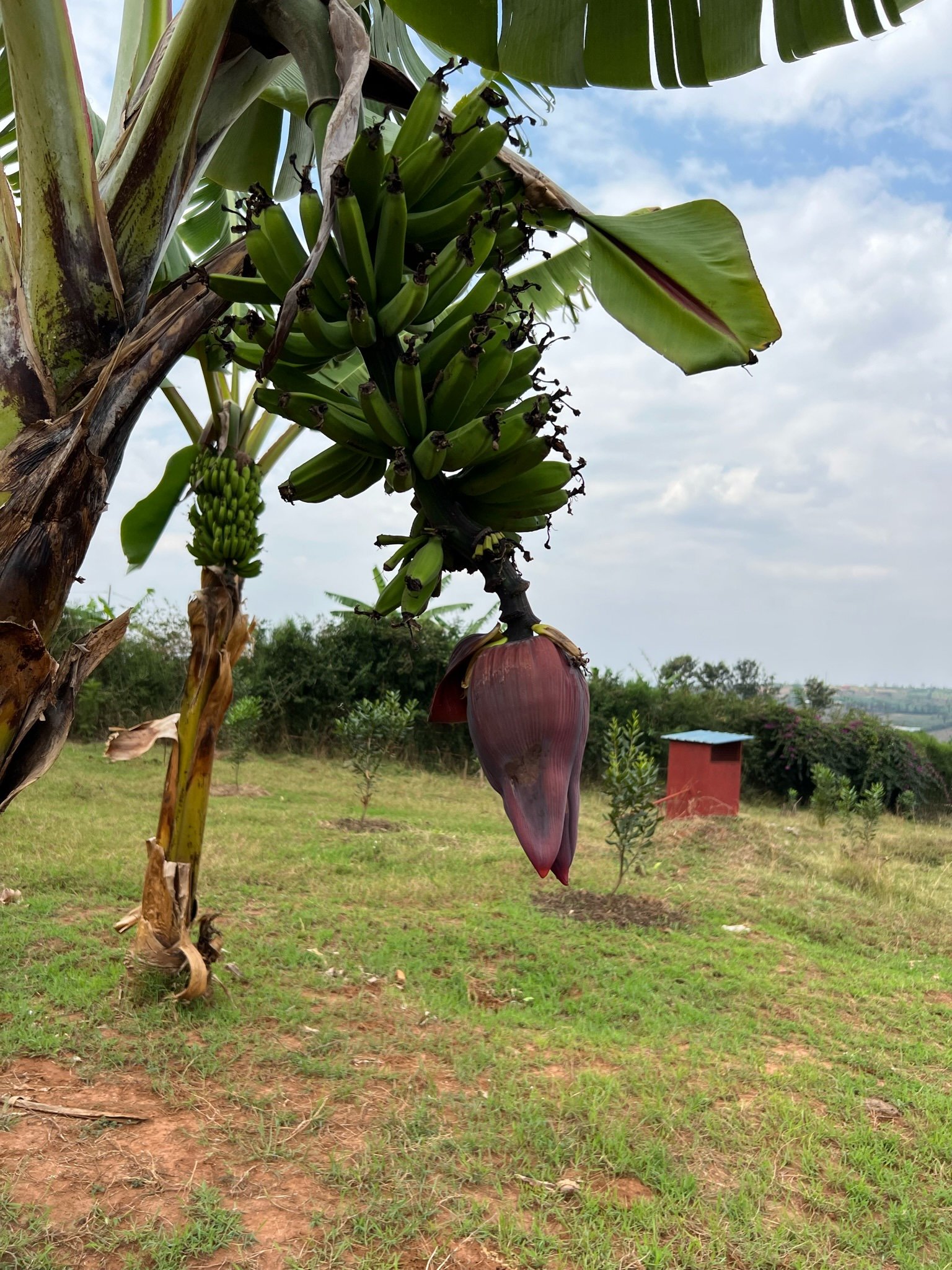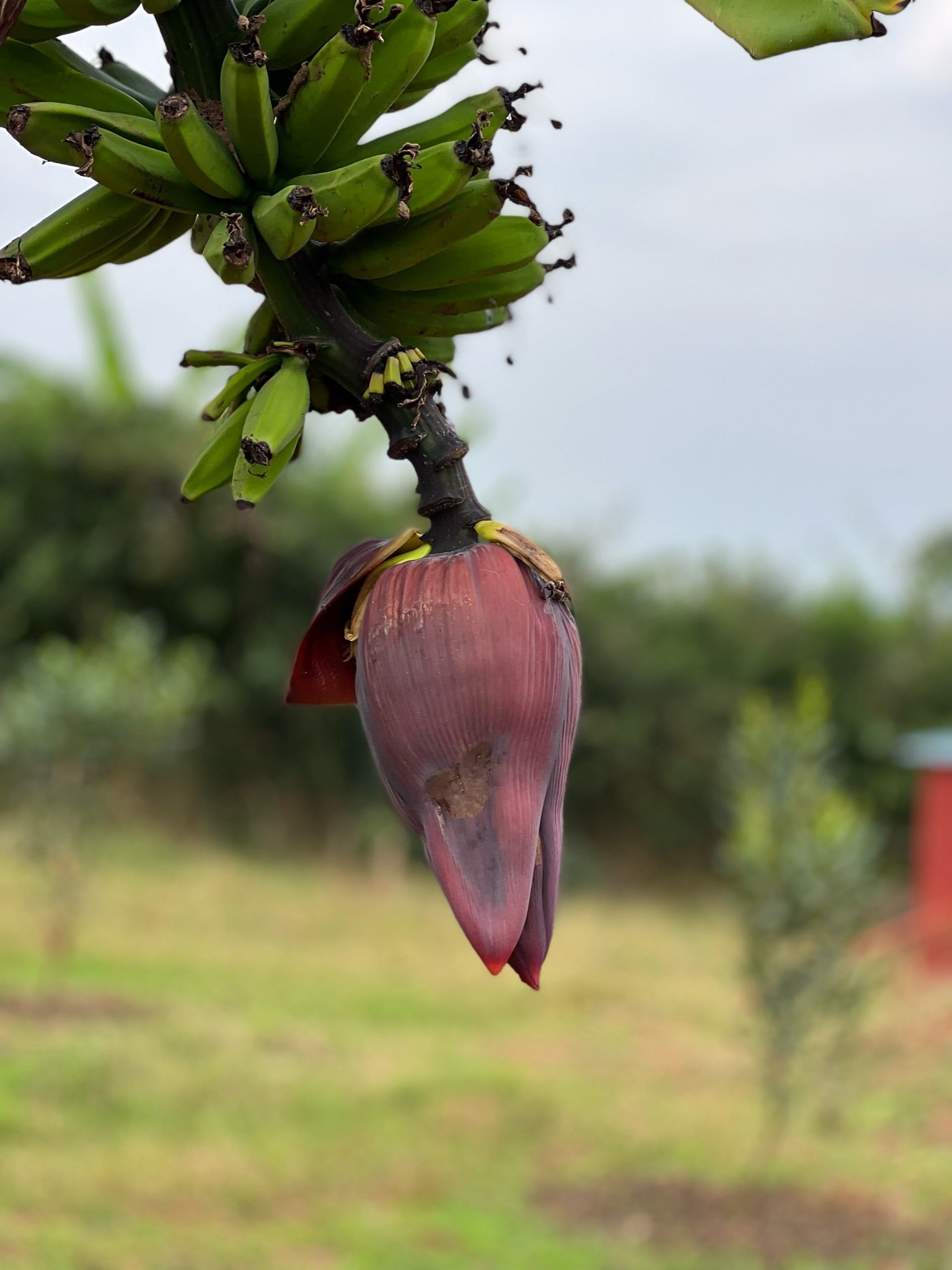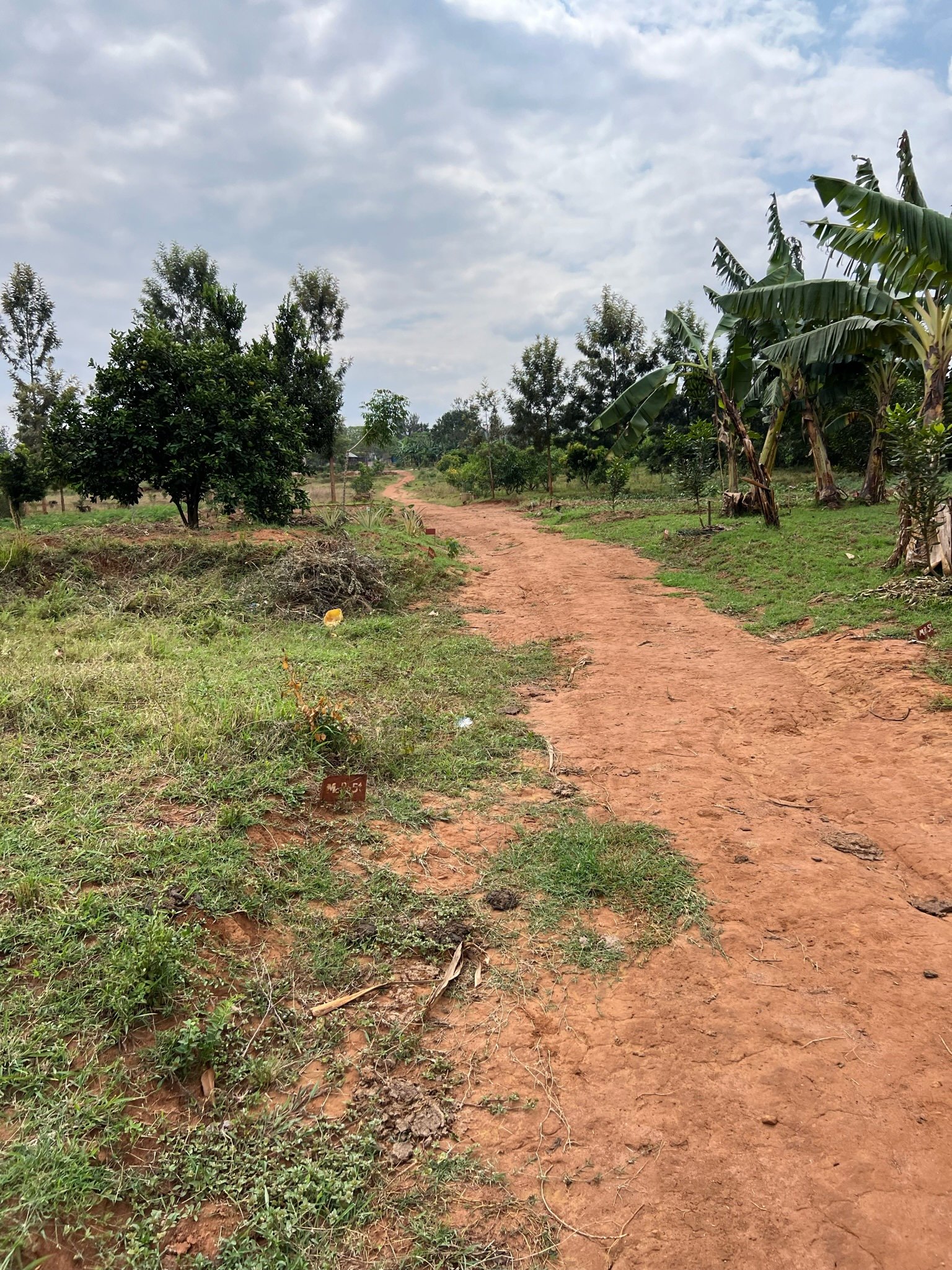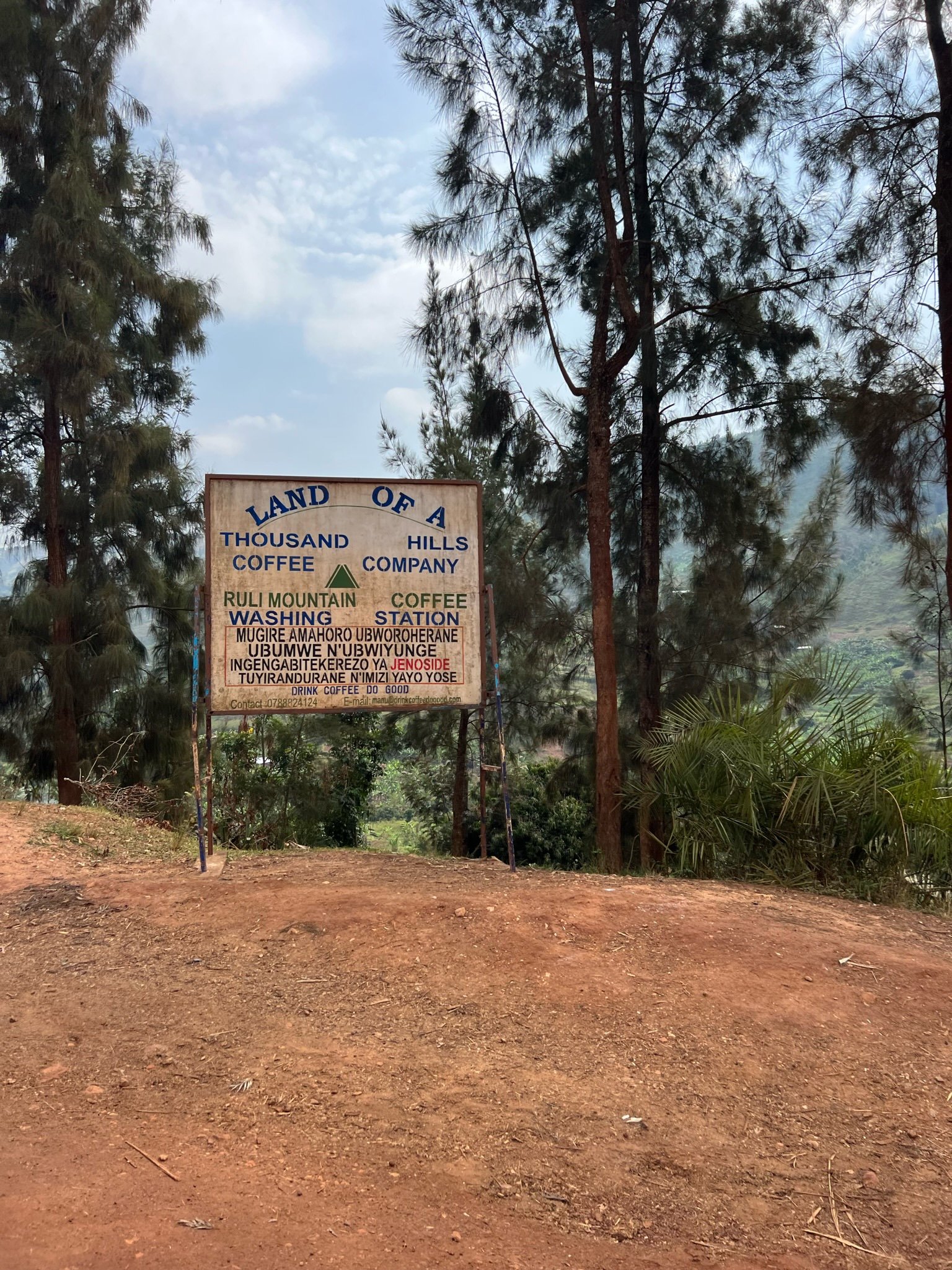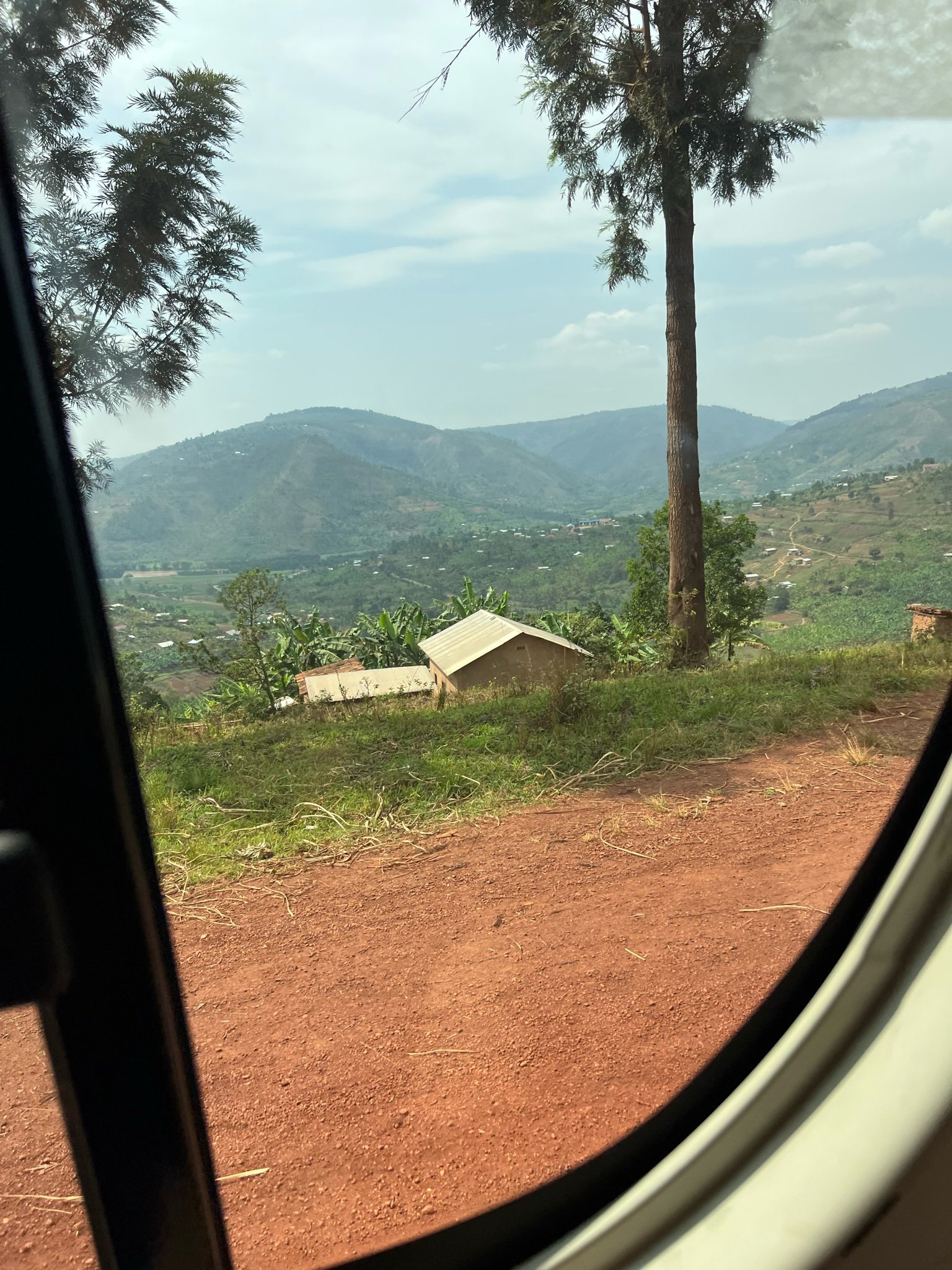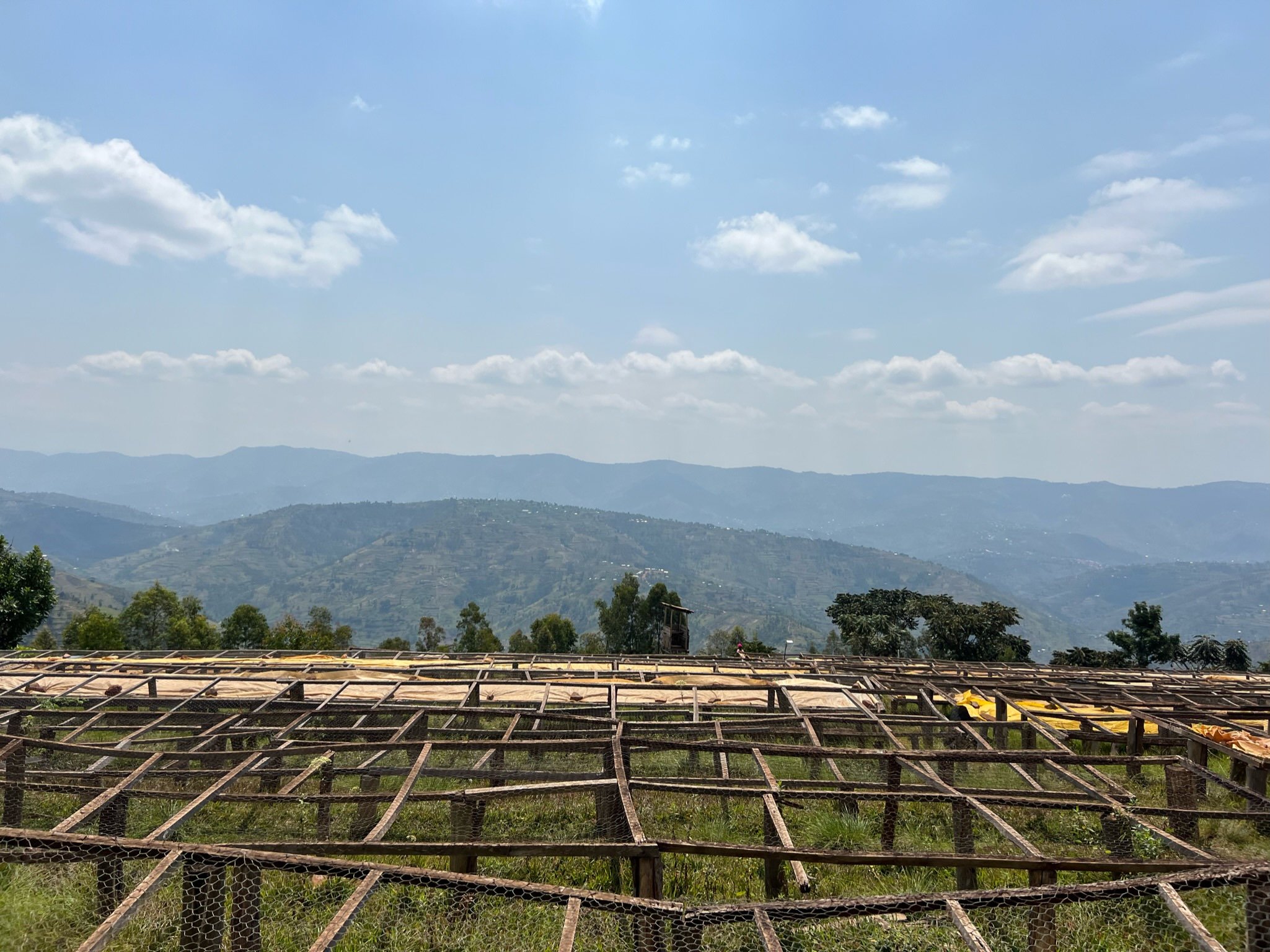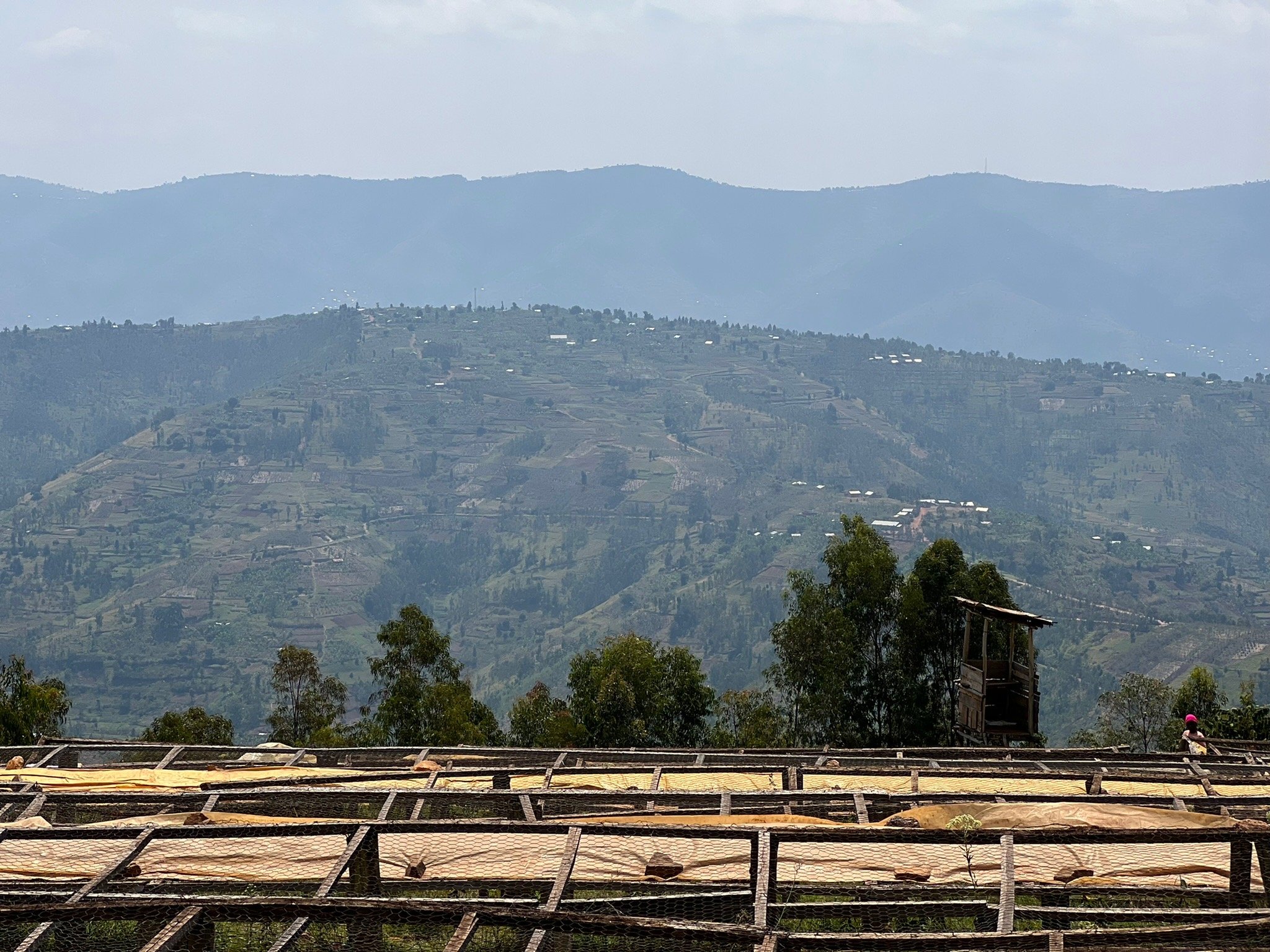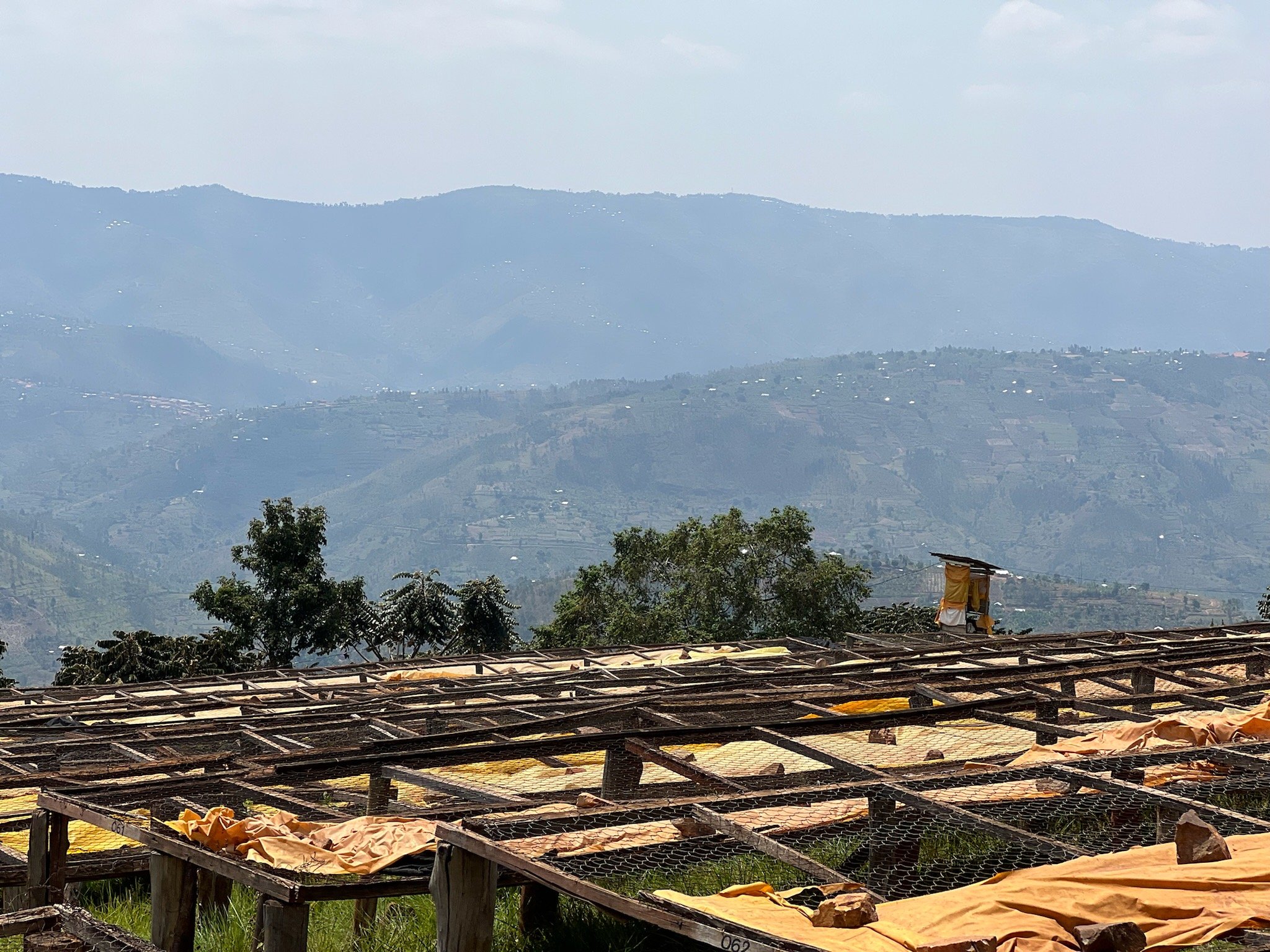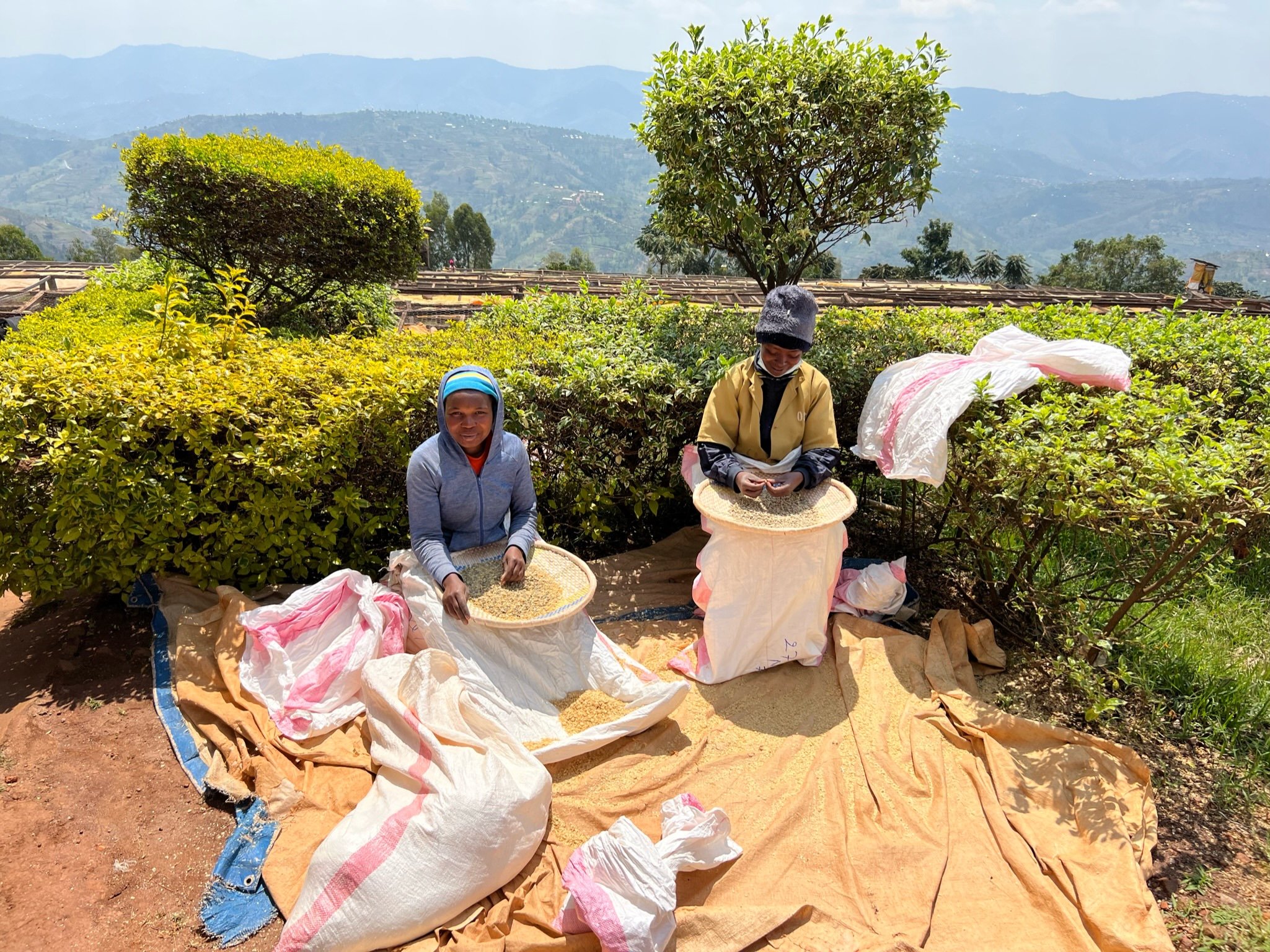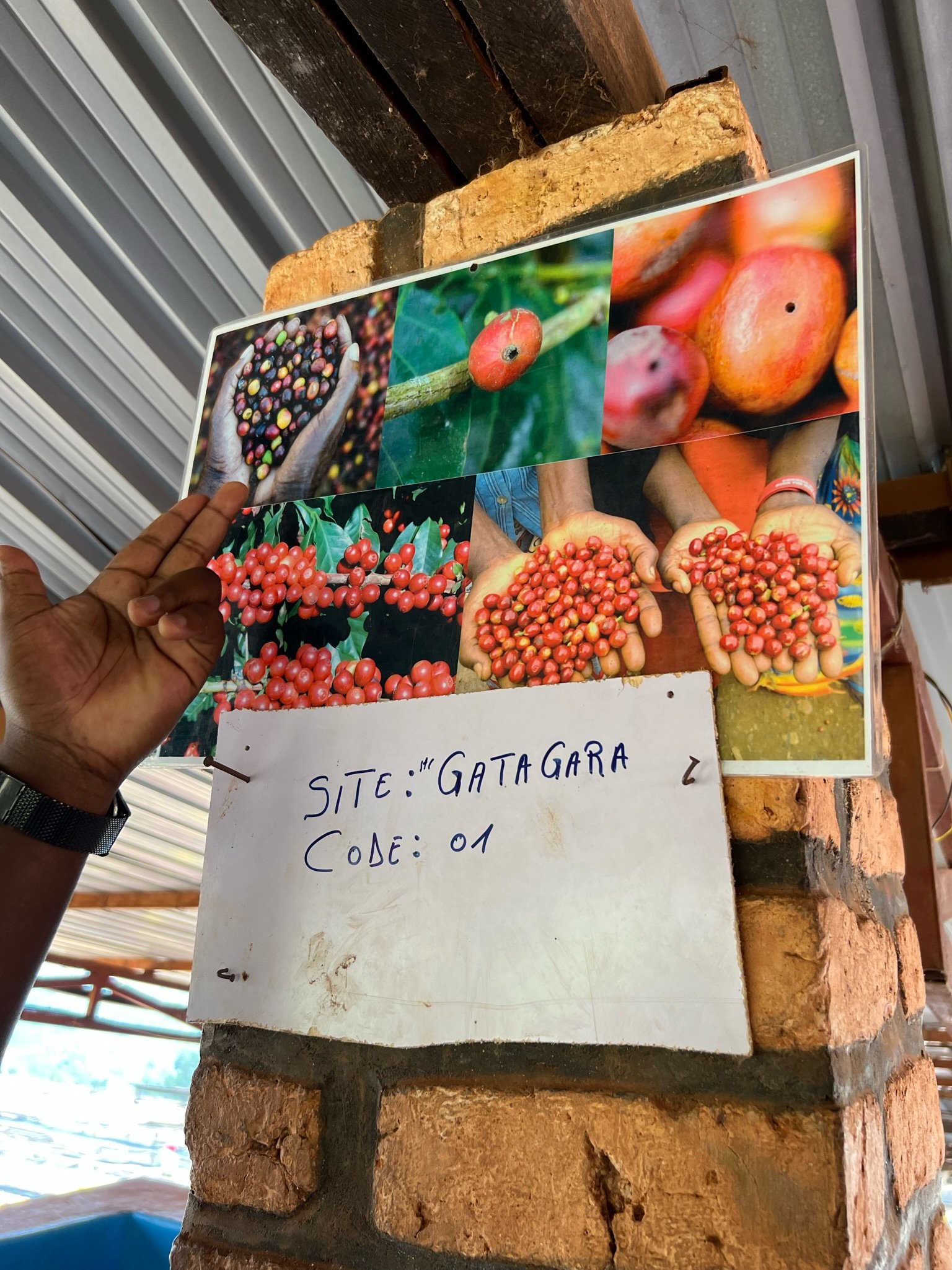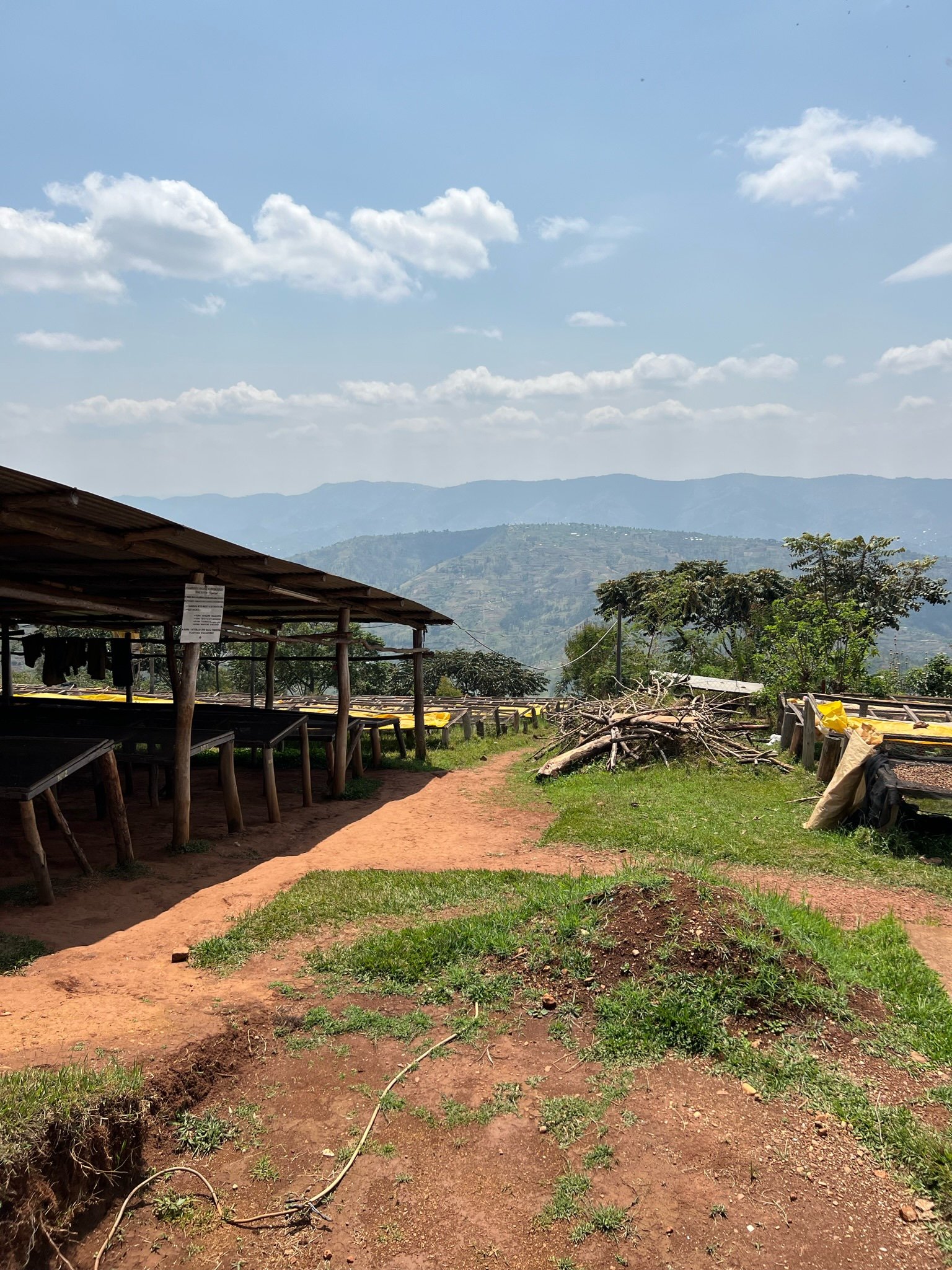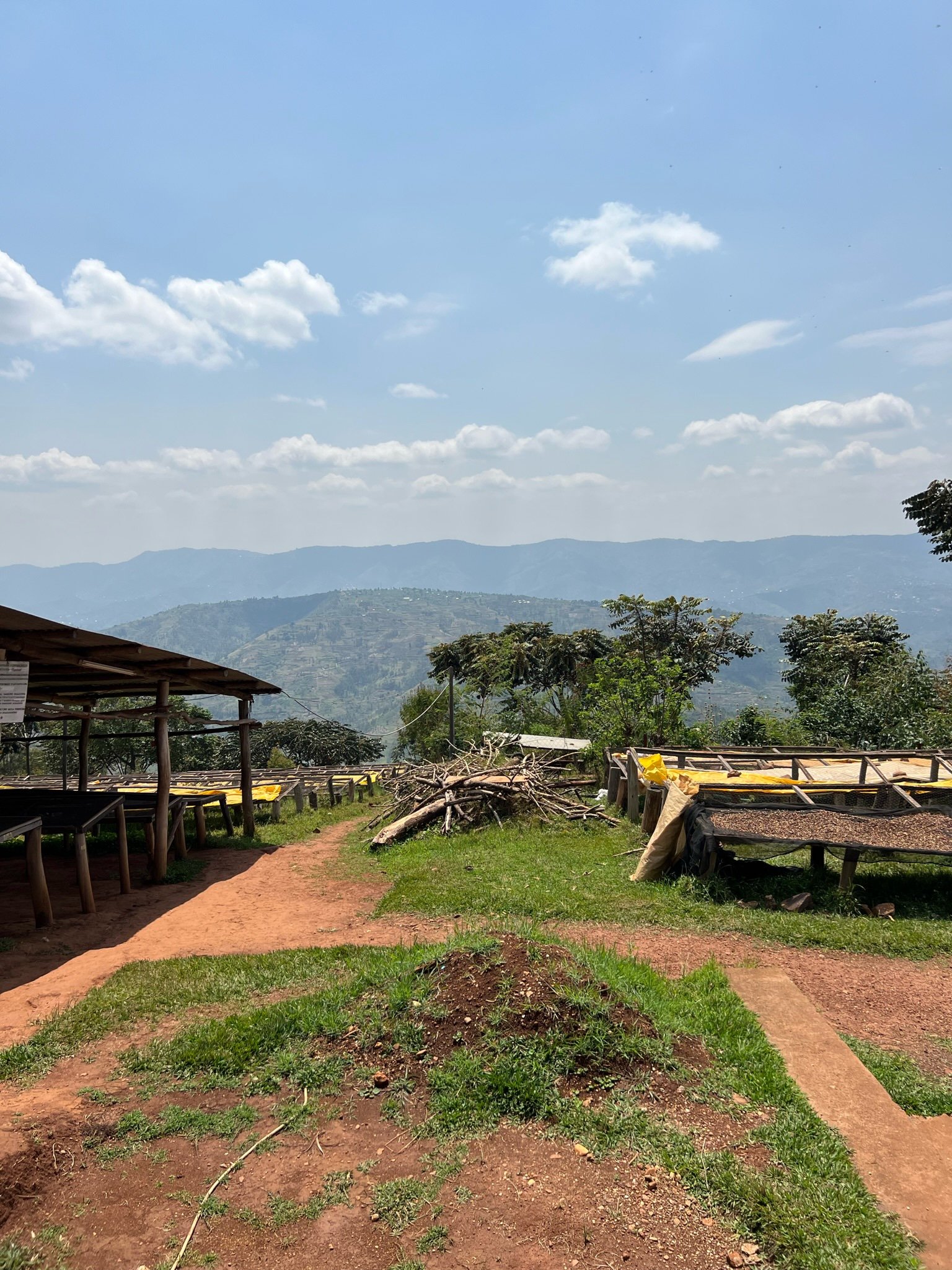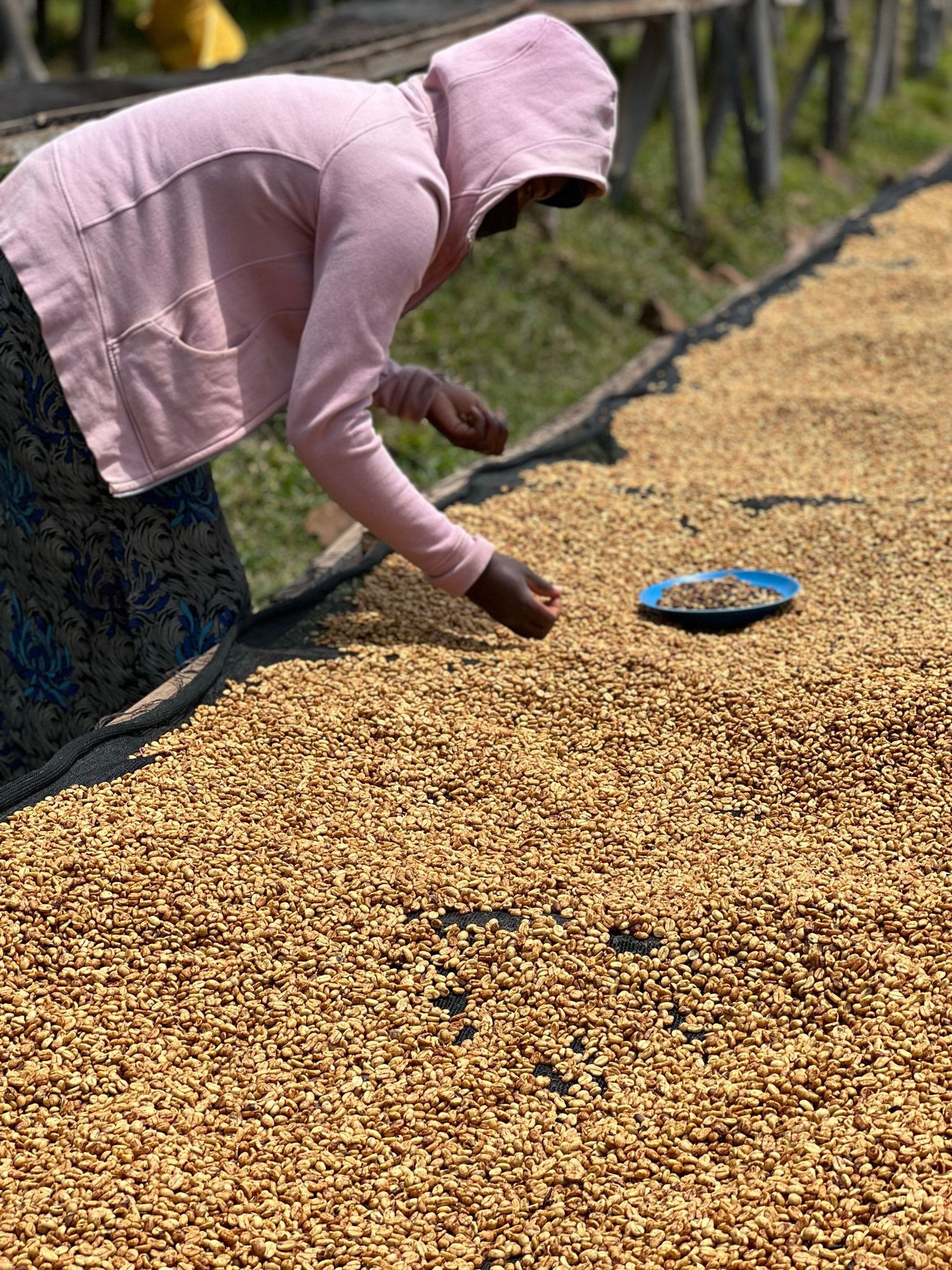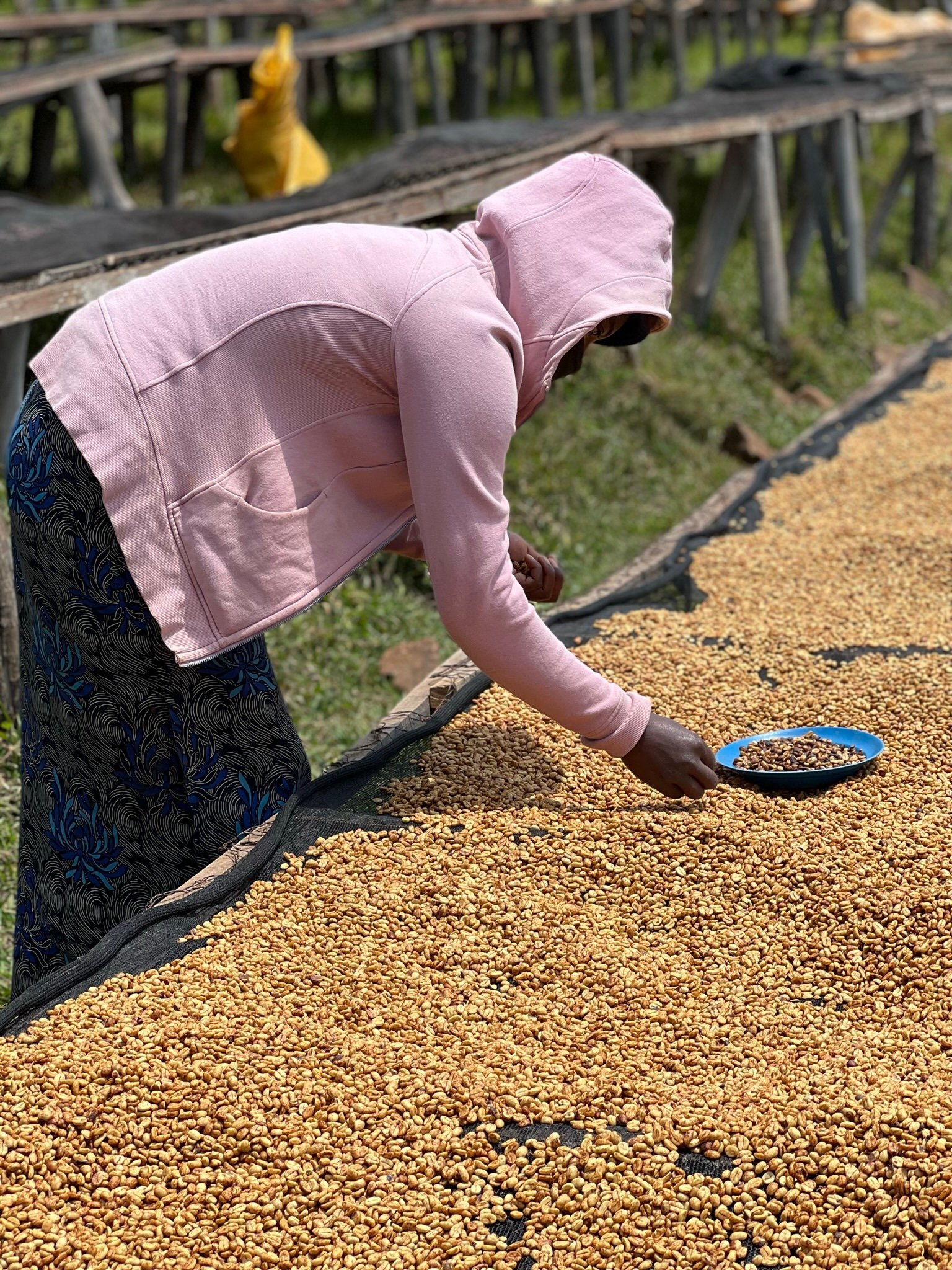Mission Trip to Rwanda
I [Jonathan Norris; owner, Willow Window] have a really good friend named Brandon Pruitt. Me and Brandon have been … I mean, everywhere together on mission trips. He talked me into my first mission trip when we went to Haiti several, several years ago. And since COVID and everything that’s been happening, you know, there's really been no travel. A lot of the missionary stuff kind of slowed down to a snail's pace and we … it's not that we didn't want to go, there was really never any opportunity to go. So, as things started moving forward, as they started getting better, we were approached, Brandon approached me and says, “I had lunch with this really cool guy named Travis,” and said “I really want you to meet him.” I said, “OK.” So, I think we had lunch together one day and he’s just a really cool guy. He had some really great stories to tell about his mission work that he does with Flint Global.
Joining Flint Global’s Mission Trip
Flint Global, Travis is the director of that, and I'll talk a little bit about what they do. They are a really interesting missionary program where they, they go to all these different places and their main purpose is to make disciples but while they’re there, they're educating them on how to either start or grow a business that they already have. So, the theory behind this is that these people can start a business, grow it, and in as little as three years they can be self-sustaining so that they don't have to rely on people contributing money to a monthly fund yearly, annually, whatever. It gives them a purpose. So, what they're doing is that whole time that they're teaching them a business, they’re also discipling them. So, what that does is when their business starts to grow, other people in the community — because these communities, let's face it, are very poor — there's just a lot of hustling going on. Where each day they wake up and they're just going to try to find work to make it through that day. So, what Flint is doing is they’re helping them create a sustainable business, and then all the sudden, people from the outside start looking in and say, “Hey, wow! You're all of the sudden doing really well. What are you doing?” And that's when the discipleship moment happens.
So, they bring the Lord into it and they say, “Hey, this is how we did it.” And, then all of a sudden, there’s Bible study starting to happen and then what they do is they’re planting home churches as well in little communities. They don't have a church on every corner like we have. Part of me thinks that's good, because now they're not all leaving their home to go to a certain place and congregate with each other and then leaving this group out. They're inviting everybody from the community into the home and they're doing Bible studies and they're sharing meals together, they're worshiping the Lord’s song and they're just getting into the word. They're really cultivating those relationships by starting this little business. It just grows into wildfire; it catches fire like wildfire and just expands all over these villages. We were able to be blessed enough to be a part of that here in Cookeville.
Then Travis came to us one day and said, “Hey, I'd really like for you to see what we're doing. Would you like to go to one of these places?” I said yeah, what are our choices? He named a few and he said Rwanda. I said, “Man, I saw that movie, Hotel Rwanda, and it really touched my heart. We got to talking about that and what happened in 1994 with the mass genocide that happened in Rwanda and I said, “Yeah. I think I'd like to see. I’d like to go there and see that part.” Because they go all over the place — India, South America, I mean everywhere. We started planning the trip and before you know it there were eight of us that decided to go. We took off from Nashville on the 19th of August and we stayed there 10 to 11 days. It took about 30 hours to get there. Sitting still in a plane and at an airport for 30 hours … That was an interesting experience to say the least. As soon as we got there, it was just … you meet these people and they're just like us. They're just really great people and they’re just super sweet. They're very nice and it is different because, unlike a lot of places I've been where it's been a little more hostile, this was very welcoming and it felt safe. Everybody was just very kind because … actually, when I got off the plane, they let you out on the tarmac and you walked on the tarmac to the airport. I had forgotten one of my bags, and you can't … because of security … you can't go back across the tarmac and get it. This guy stops what he's doing and he runs back to the plane. He asked me where my seat was, got my bag, and brought it back. That was my first engagement with somebody from Rwanda. It was just very special and I knew right then that this trip was going to be blessed. It just really took off from there. So, after a really good night's sleep at a local hotel in Kigali, Rwanda, we got up the next morning and we just hit the ground running.
One of the first things that we did, which was really cool, and it was on Travis's recommendation that we do this because what we did is very important to the Rwandan people and that was go and visit the genocide museum. Very tired the next day, of course, jet lag setting in and and we went to … first thing we did was Sunday morning we went to church. Then we went to the genocide museum. First, let me talk about the church, sorry I got a little ahead of myself.
A New Church Experience
We got up that morning, Sunday morning, and you know here in Cookeville we get up to get the kids ready, get dressed up a little bit, head off to church, do church, and come home. Well this was different. We got up super tired, all loaded up in a van and drove out to the country. The country isn't like the country here. Roads are very bad, I mean it's rough. You go out to these villages and it's just nothing. As some of the pictures that I've shared with you, it's real Africa. I mean, it's red dirt, children everywhere just walking down the road. Women and men going to work, bicycles, carrying things … It's just real Africa. So, that was our first real … and we pulled up through this place and I’m like, where are we going? We landed at this little house church and it was just beautiful and it really felt like walking into the soul of something. When we were there, you just really felt the spirit moving. They were singing and singing their African praise and worship songs. I didn't understand a word of it, but I felt every bit of it. It was really neat to hear them read the Bible in their own language. We had a translator, so whenever they wanted us to say something, the translator was there. They were very welcoming of everything. They were just really happy to see us come to their village because, when you’re white, you’re recognized because we're not their kind. They're not used to seeing a group of eight or nine white guys … and there was one gal with us … jump out of a van and be at their house. That had never happened to them before. What they did during the worship was amazing, but what they did even after it was even better! They prepared all of their food that they had and brought it out to us. That was really cool. They just … it was all they had and you know that because of where we were. I mean, this was not a nice place. I mean, it was kind of like a hut and there were a lot of people living there. I know, by the end of the week, I kind of figured out what, you know, people's budgets were and it's not a lot. If they make a dollar in a day, that's a lot to them. So, they prepared all of their food for us and brought it out and served us. They wanted us to eat first, and it was really good food. I was a little tentative at first because I've been down that road before having stomach issues on day one of a mission trip. But, we ate it and we were very grateful. Then, after we left there is when we went to the genocide museum.
Heartbreaking History You Should Know
That was absolutely incredible. Heart-wrenching. Just being there, seeing all the pictures, the video, even talked to some people there who had been in the genocide. Just hearing their stories about their whole family being murdered in front of them put everything in perspective. And the main reason to go to the genocide museum day one is so that we have it in our hearts and in our minds of what these people went through. Because every single person that you engage with their was affected by that. In as little as less than three months millions of people were murdered, savagely murdered. I mean raped and tortured, not just shot, but chopped with a machete. I mean, just the worst. We've become desensitized a lot from TV. You see a lot on TV and you just see it so much, but this was real. When your mind went there, it got real. You saw these photos, you talked to these people, and it set the pace for us during the week because that's something that, and I hope a lot of people don't, I mean I hope nobody experiences that. But, on the other hand, it's something that is part of history that we need to know. It was just … it was important for us to do that because now every relationship that we made during the week that we were there I knew it was that much more special. We even met some individuals who were part of this mission, this very layered mission, because a lot of the people there, even if it's a different mission than Flint Global, they work together. That's the way it's supposed to be. You see all these different levels and you start meeting people and they’re just glad to work together to help the people of Rwanda.
We met a guy who was taken in who watched his whole family get murdered. I think he was five or six years old. His mother had laid on top of him to protect him and from all the blood from her had covered him they thought he was dead. Then, after he crawled out from underneath her I think two days later, he just wandered the streets with no family at 6 years old. Nowhere to go and he was taken in and today he's a grown man. He's doing really well. He was able to go to college there and get a degree and because of that he's able to help other people in the villages showing them some engineering, some agricultural engineering things, that he learned in certain villages where their crops when they grew them maybe they were this big, but now they're this big, just because of certain things that you do like mulch. Part of the theory before that was introduced was that you burn the field and then you grow. That's the worst thing you can do to the soil is to burn it. They came in and when their crops were this big in the neighbors was this big he's like “hey what's going on here,” you know. They come over, “hey how are you doing this?” So, that, again, that gives them an opportunity to start discipling this neighbor. Then he's like, “oh, well tell me more about this Jesus.” As you can see, that discipleship from their work is really what was magnetic and was really something that caught fire because, let's face it, we all want the things of this world, you know. We want a nicer vehicle, we want a nicer pair of shoes, you know, we want our kids to have nice things, we want them to have, you know, if they're on the baseball team, we wanted to have the nicest … you know, they want those same things, too. They want all of that, too. We’re no different in that in our DNA, we just want better and one way to have those things is to work really hard and make that money in order to achieve those things. Once you can erase the love of money from it and say hey money can actually be a good thing, then that also works as a great way to get people to say, “Hey, I want that. How'd you get it? Let me show you.” It also gives them a better way of life, you know, by teaching them a skill. It keeps them from having to say, “Hey, can I have … you know, where is our monthly money coming from?” The worst thing you can do is give somebody a hundred bucks, because you're not teaching them. You’re just giving them the fish, you’re not teaching them to fish. One of the main things I learned while over there was we have such an opportunity here, even at Willow Window, and we already really, I think we do a pretty good job at it, as using this as a hub to disciple and to spread the word, but I know we can do better. That's one of the things that the people of Rwanda taught me is that they’re constantly doing that in their life even when they're not doing it. It's become such a culture for them, this discipleship movement, that even when they're not doing it they're doing it. Because they have such a love in their heart and they have such a strong work ethic and people see that. There's so many people there that don't have it, and when they see somebody who has it, they're like, “Oh, you must work for the government” or “you must …” No, no, I don’t. I was introduced to this team over here and they taught me how to farm. Why would they do that? Let me tell you about a guy named Jesus. Then it just continues to grow.
Women’s Coffee Business in Rwanda
Throughout the week, we just got to meet so many great people and got to visit a lot of their businesses. That was the main goal was to travel through Rwanda, see a lot of these businesses, meet the people that were growing these businesses, seeing how they were discipling in these villages. It was really neat. One of the main businesses we saw was a coffee farm — they call them washing stations. We got to see from the beginning process of picking the cherries from the coffee tree. Honestly, I don’t know what it’s called. Picking that and watching the whole process go and turning it into a coffee bean. It was just really cool to see these coffee fields. We were driving up the sides of volcanoes, these mountainsides, because Rwanda is a very high elevation, very mountainous, very beautiful country and seeing, you know, being up there because the coffee farms are on the side of the mountain, which is neat because you get the cool air. It's just the perfect soil, the perfect temperature. I don't know how to explain it, but they grow the most perfect coffee there. It's just the perfect environment. We got to watch that process and have a couple of the people take us to show us. One of the coolest things, this is one of the coolest things that we saw all week, was there was a coffee movement there called Women's Coffee. It was entirely run by women from the village, so as you know, in some of these countries, a lot of countries, women are not valued. This was really encouraging to see that these women were doing everything. They called it Women Coffee. A lot of these women come in from difficult situations, coming from the streets, abusive places, things like that. Just really an awesome second chance on life. Now they have this career. It's really cool. We were able to bring some of that coffee back, and this is the most delicious coffee — I love coffee — this is the most delicious coffee I've ever had in my life! It was just wonderful visiting them.
Rwanda Hope House for Women
We also got to go to a women's house called Hope House, where a young woman is the director there and she is bringing women off the streets who are prostitutes, again, more abusive situations, discipling them, giving them a chance at life again. Showing them the love of Jesus. It was really cool to see that very, very heartwarming, very touching experience to see how God was moving in that.
Mission Family Starts a School in Rwanda
Near the end of the trip, we were really blessed to be in a part of Rwanda where they had several volcanoes and were beautiful. We got to meet this family who started a school in their living room and, through a lot of prayer and a lot of working with the government, they were able to get a property and build this huge school. It was just really neat to see this family, because they were just like us. It was just a missionary family from Alabama, I think, or know from West Virginia and Texas, and I think Alabama as well, but anyway it was just awesome to see how the school grew in just a short amount of years. I mean, just amazing the amount of love that poured into this and what they're doing there.
Up Close with Silverback Gorillas!
The last day, it was just really great. We even got to get a little free time, so we hiked into this volcano. We were at about ten thousand feet elevation and went on this little tour and came across a pack of gorillas, silverback gorillas. It was really, really cool to be in their presence. I mean, I was literally two feet from them and it was just a surreal moment to be in the presence of something that could rip my arms off and beat me with him, but they were really calm and just beautiful, awesome animals. That was really just a nice end to our trip. Before we went back to Kigali, the next morning, and took another 30 hour journey home. It was a true blessing, blessed to have been able to go. A once in a lifetime experience, and I'm looking forward to going back again in a few years to see some of the farms that had just started in year 1 and then to see what that looks like in year 3. To see that self-sustaining income that they're getting and to see what the village now looks like after they've kind of planted a seed there and started a home church. That's about it, again, I can't express how much of a blessing it was to be a part of this.
